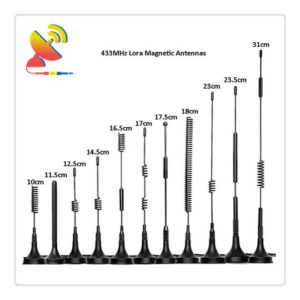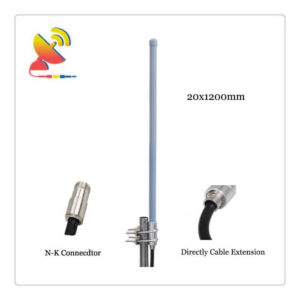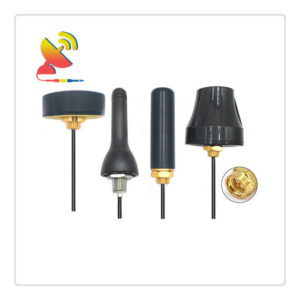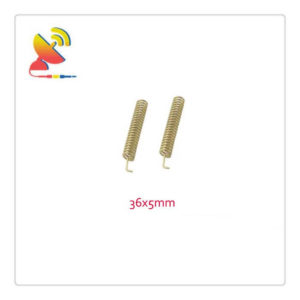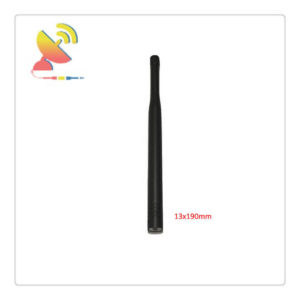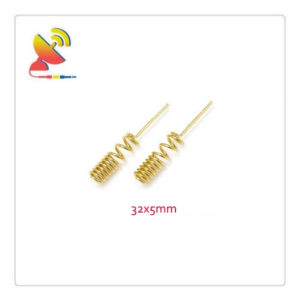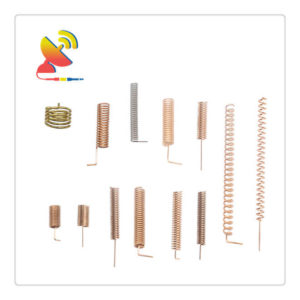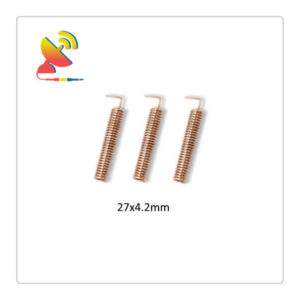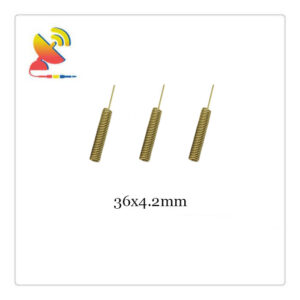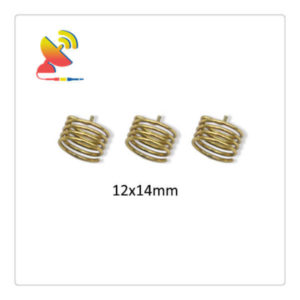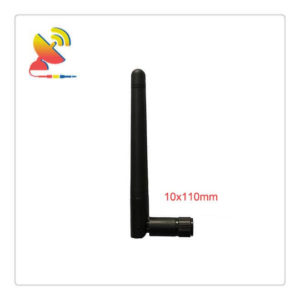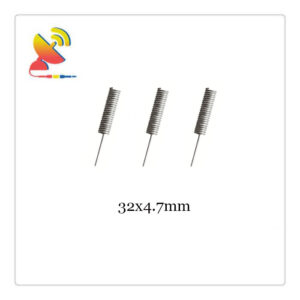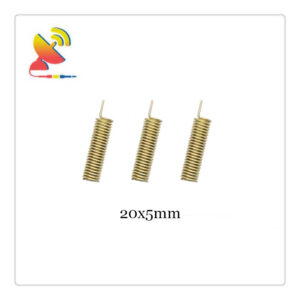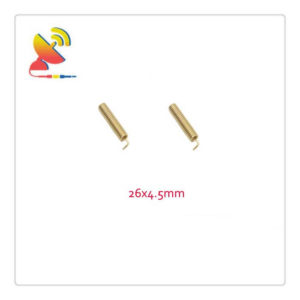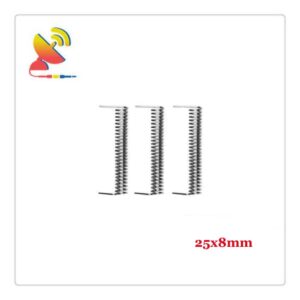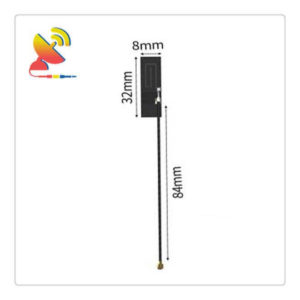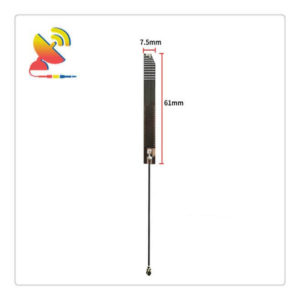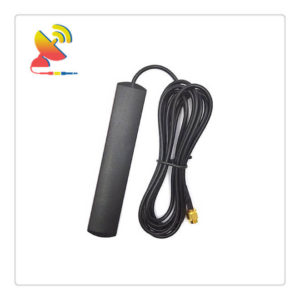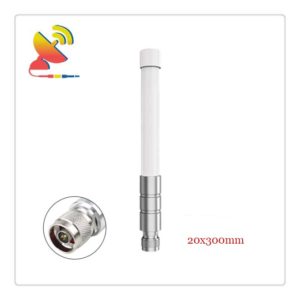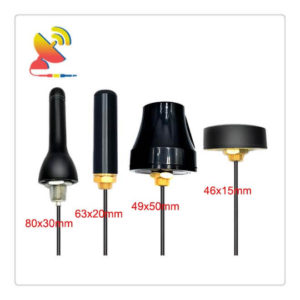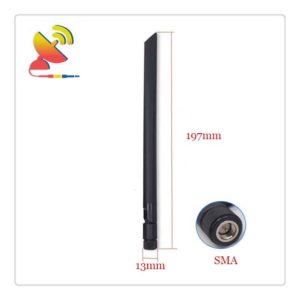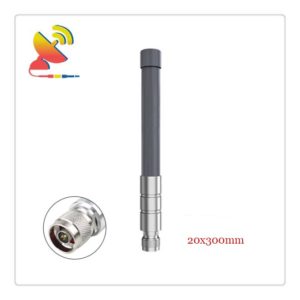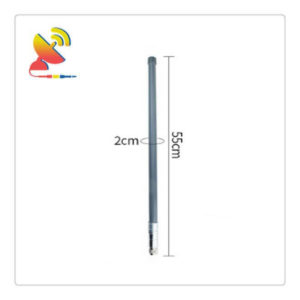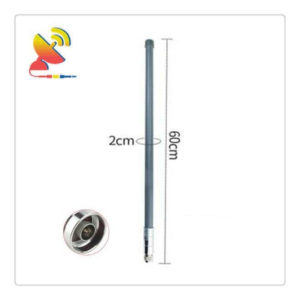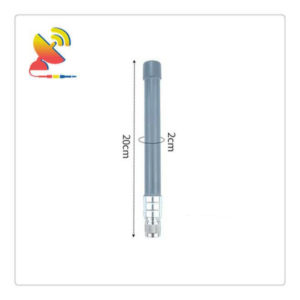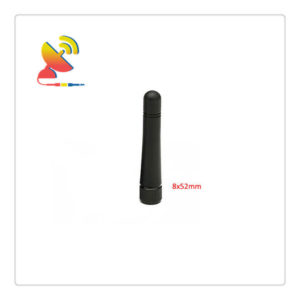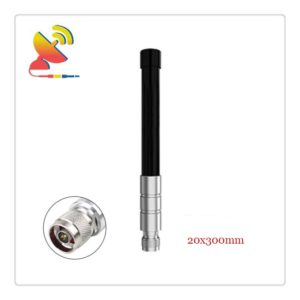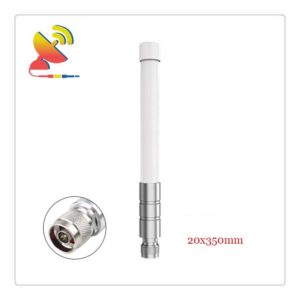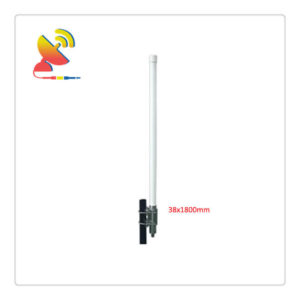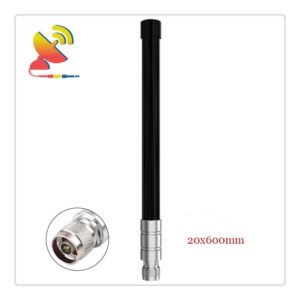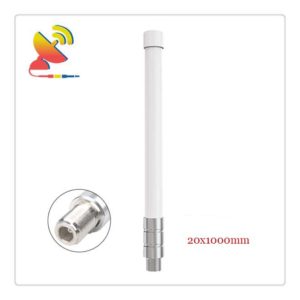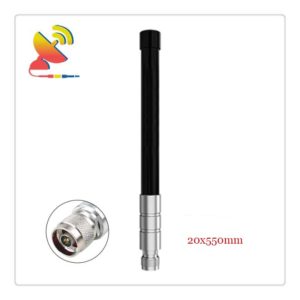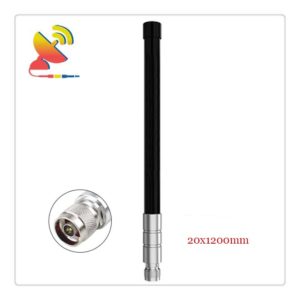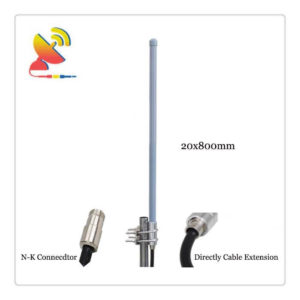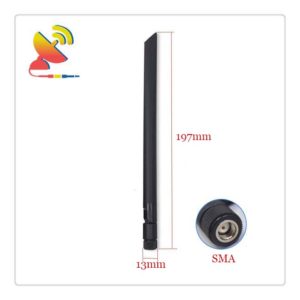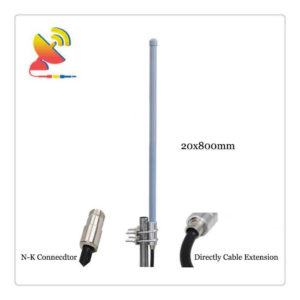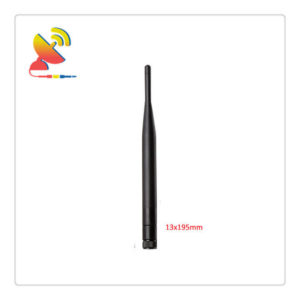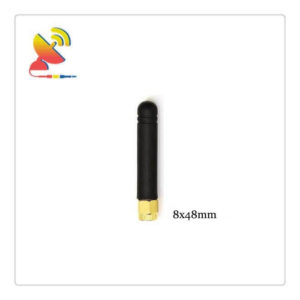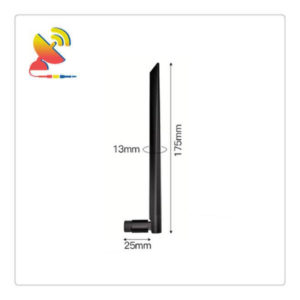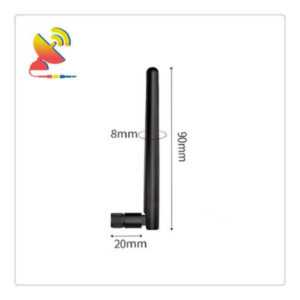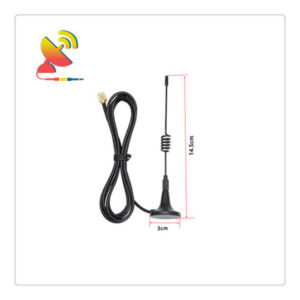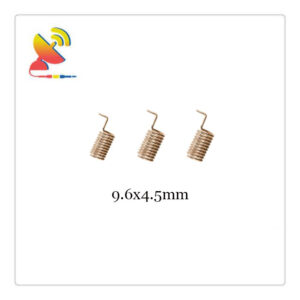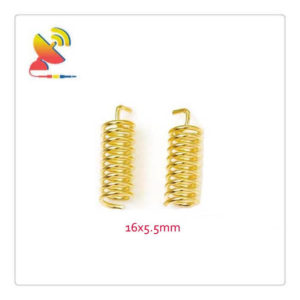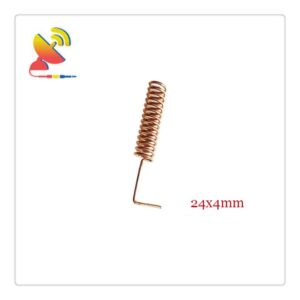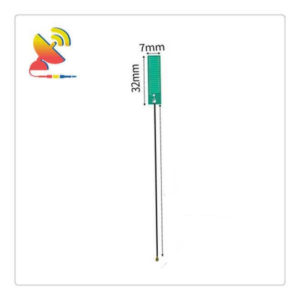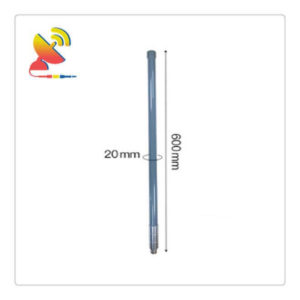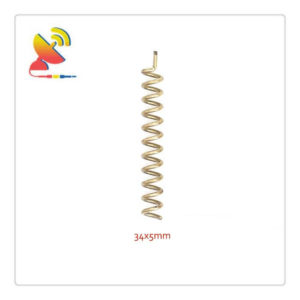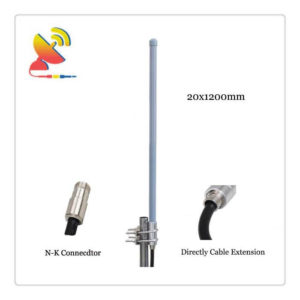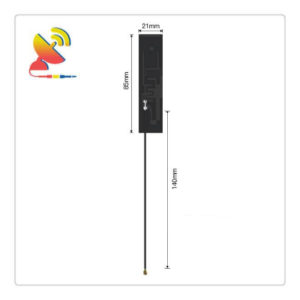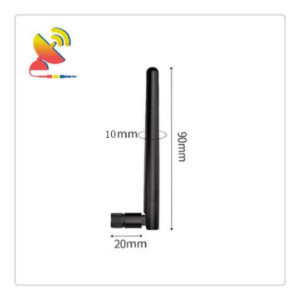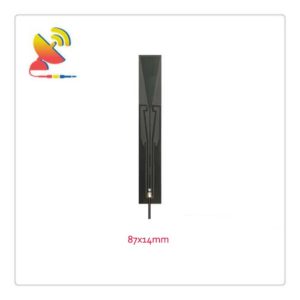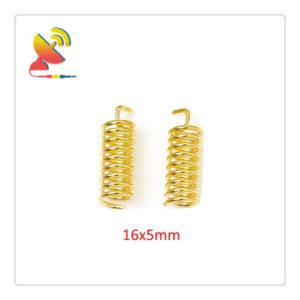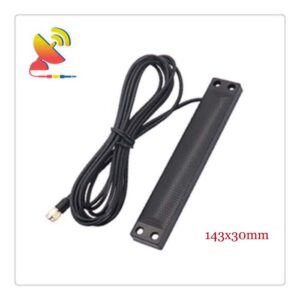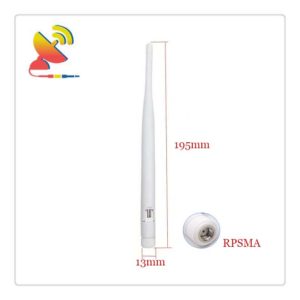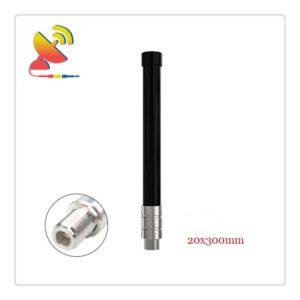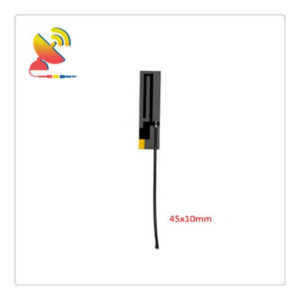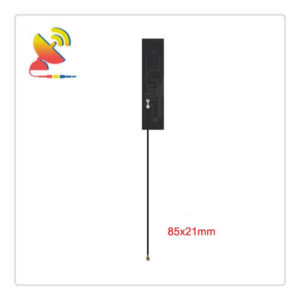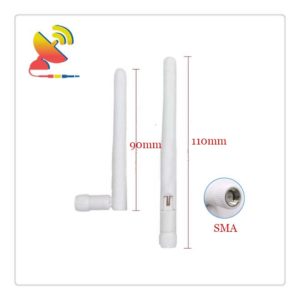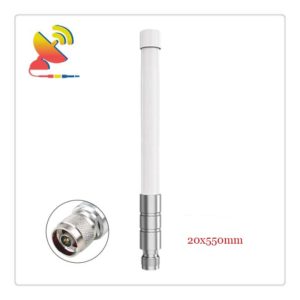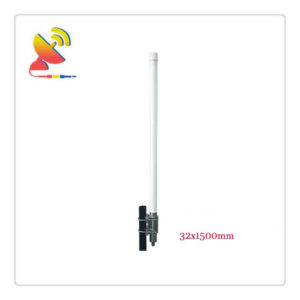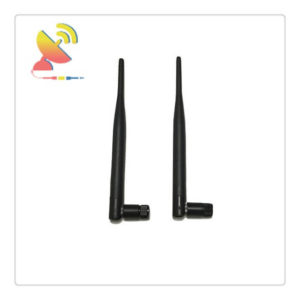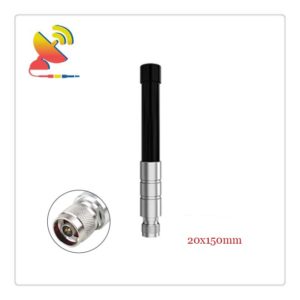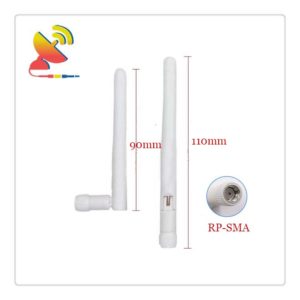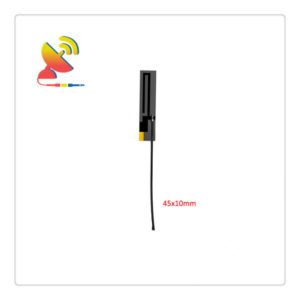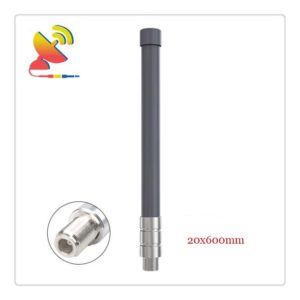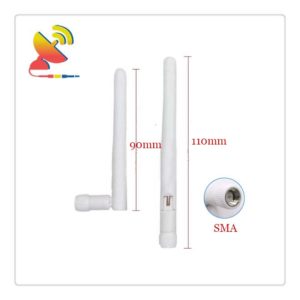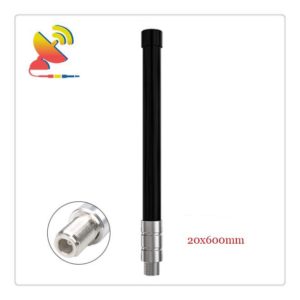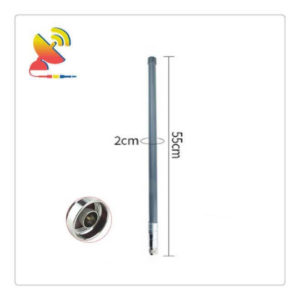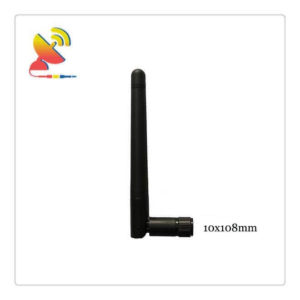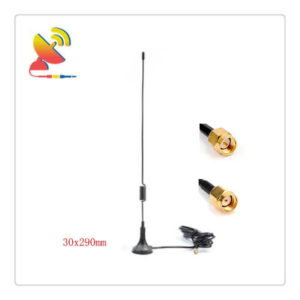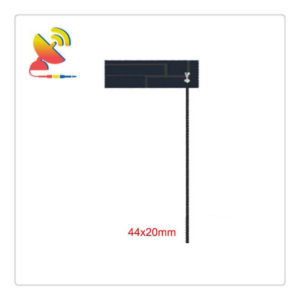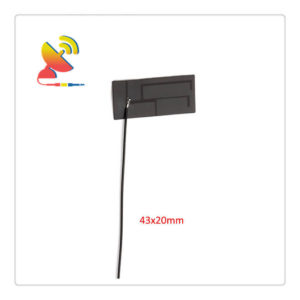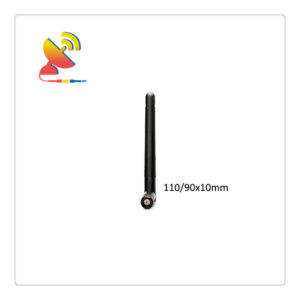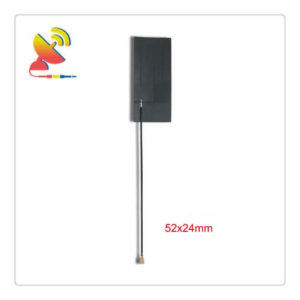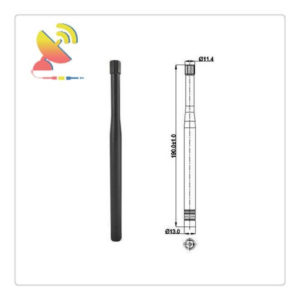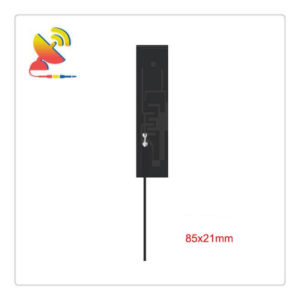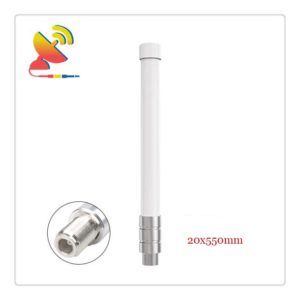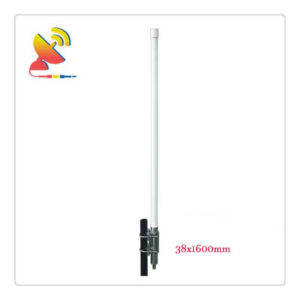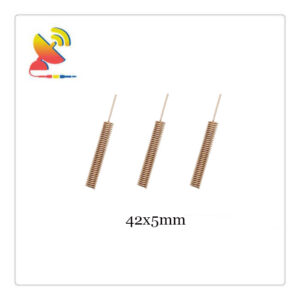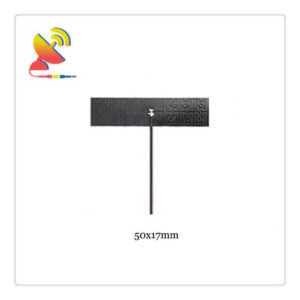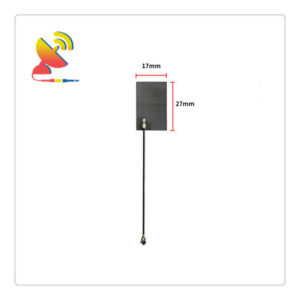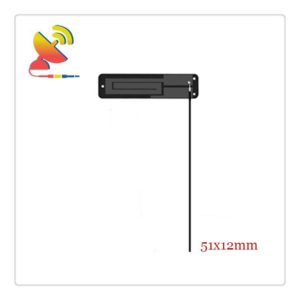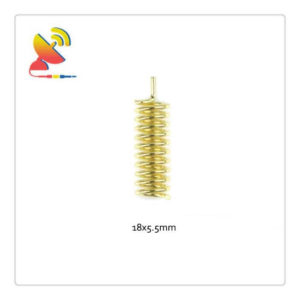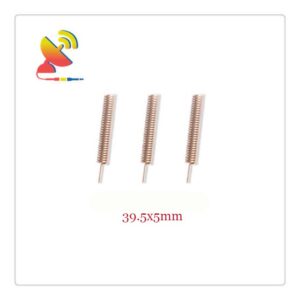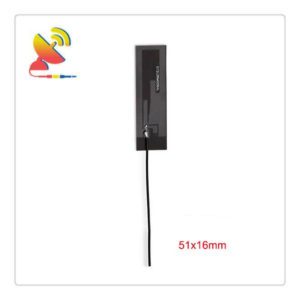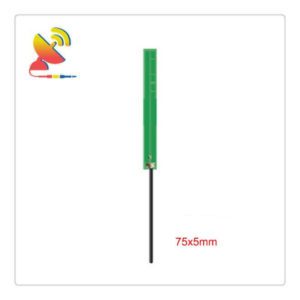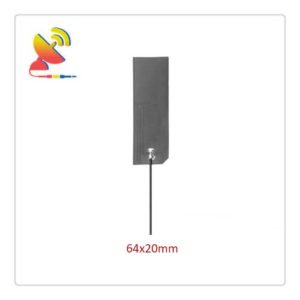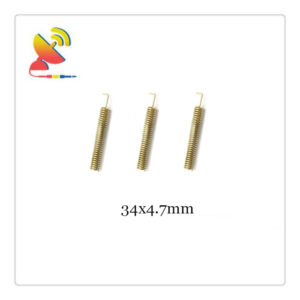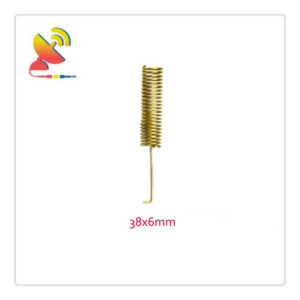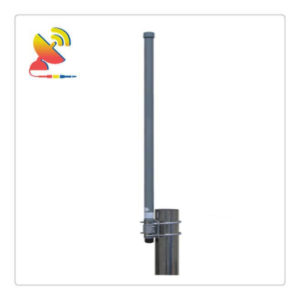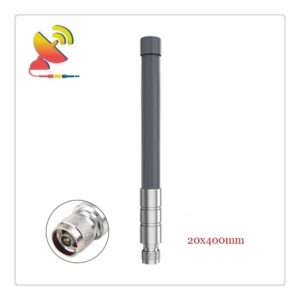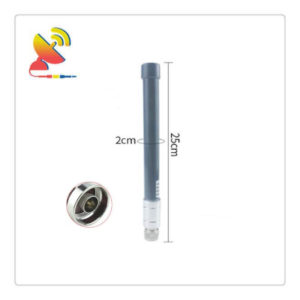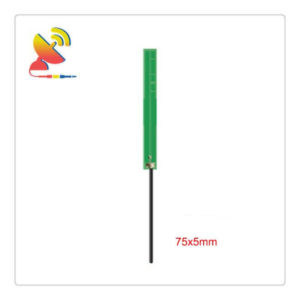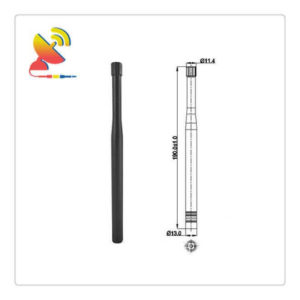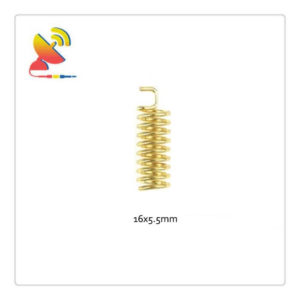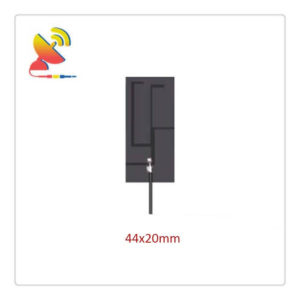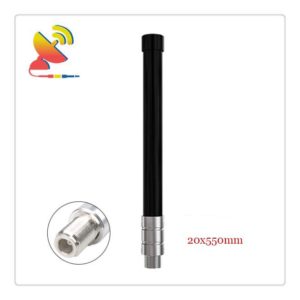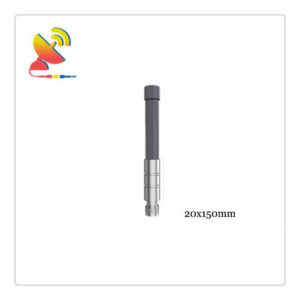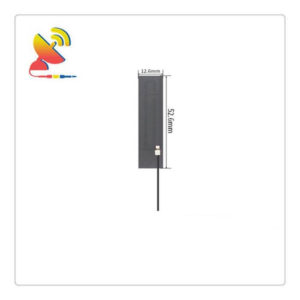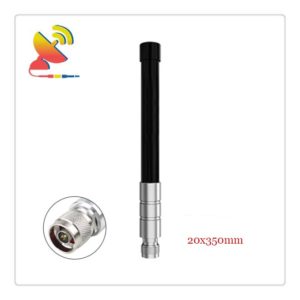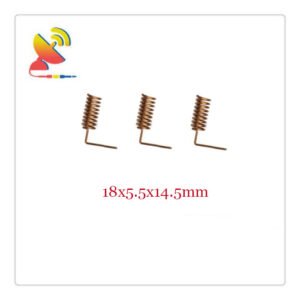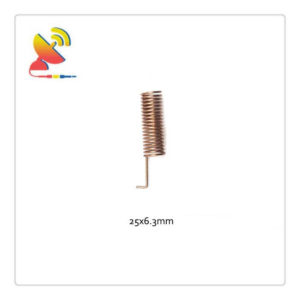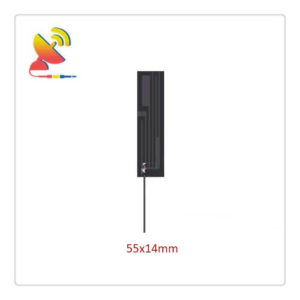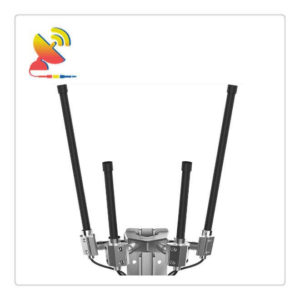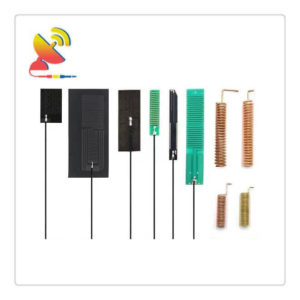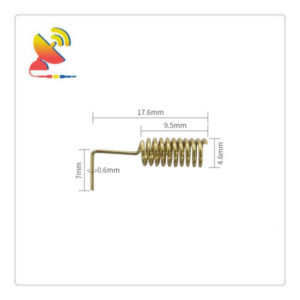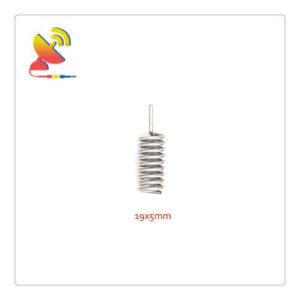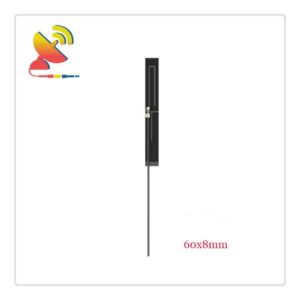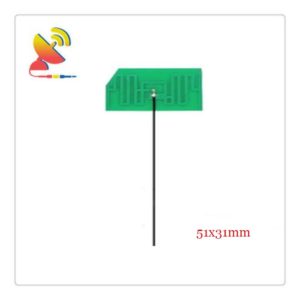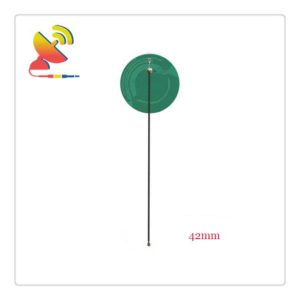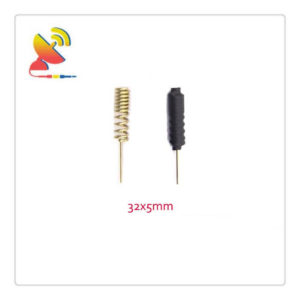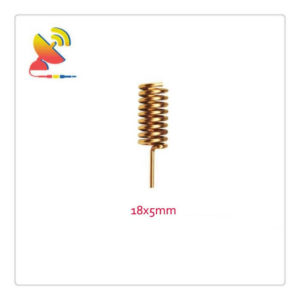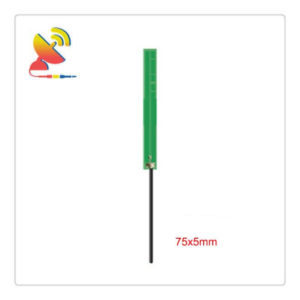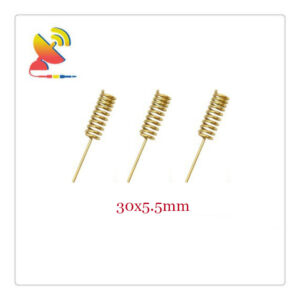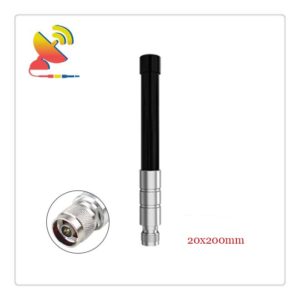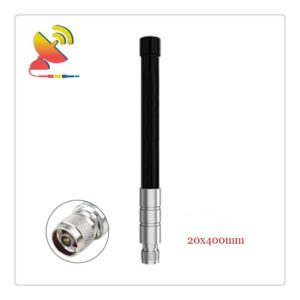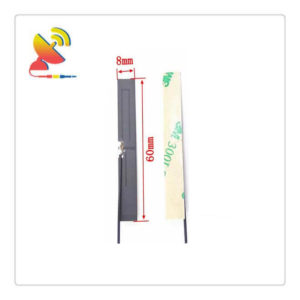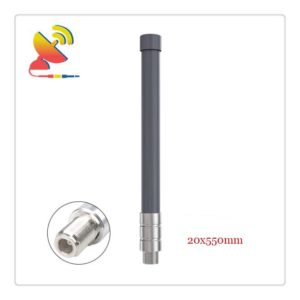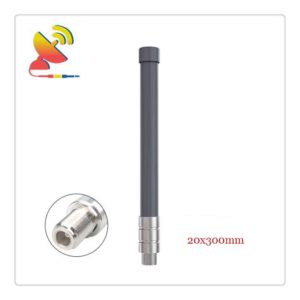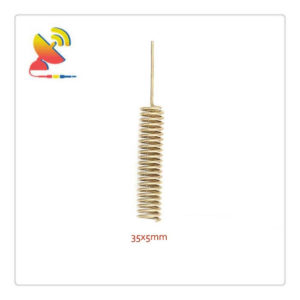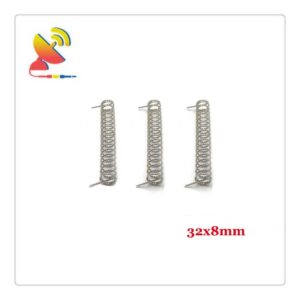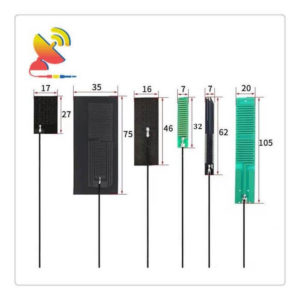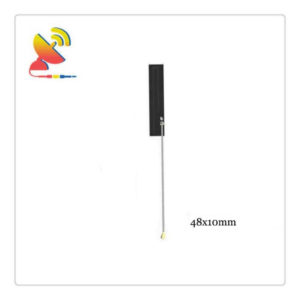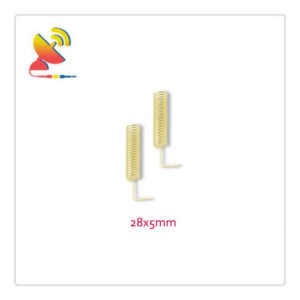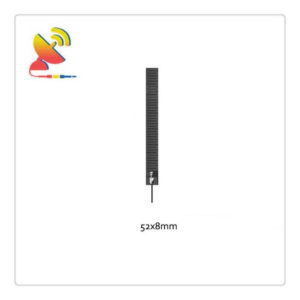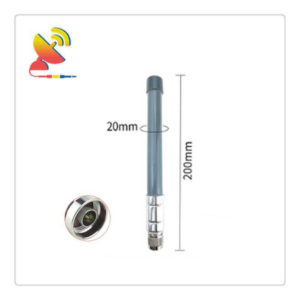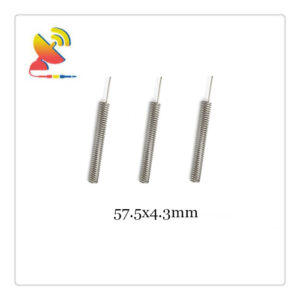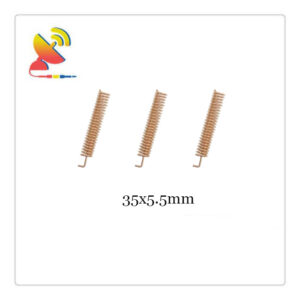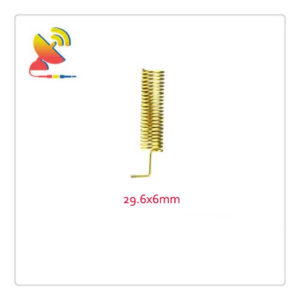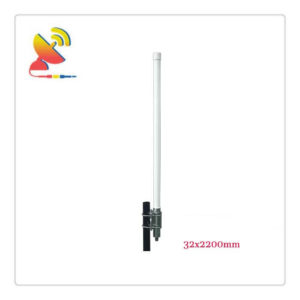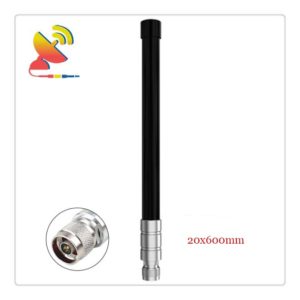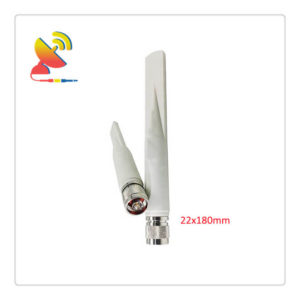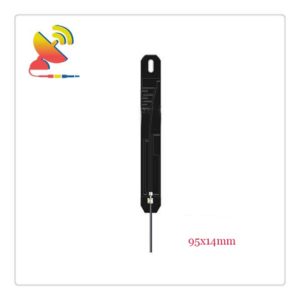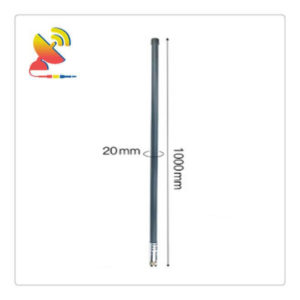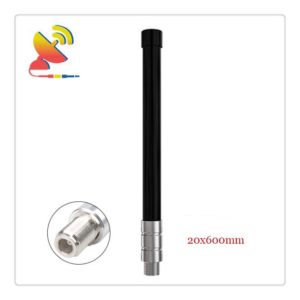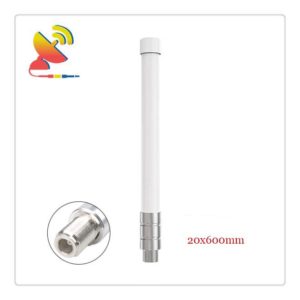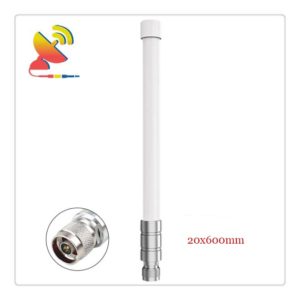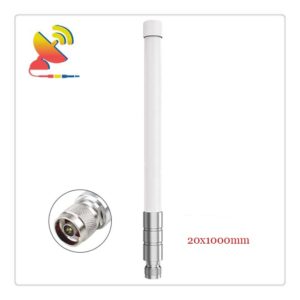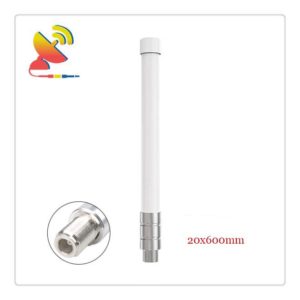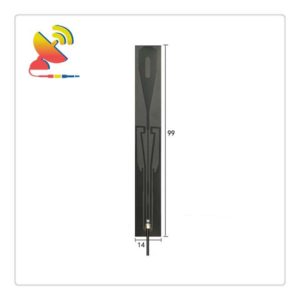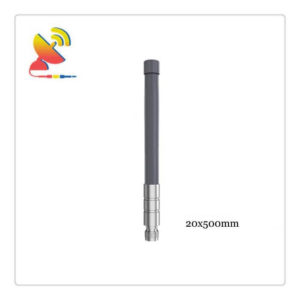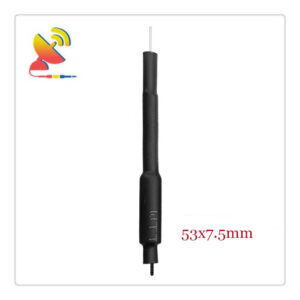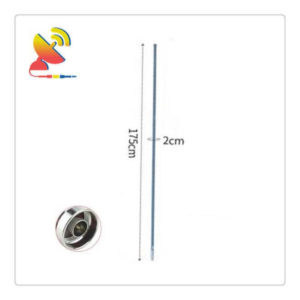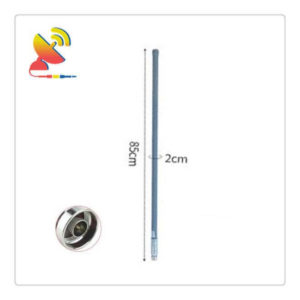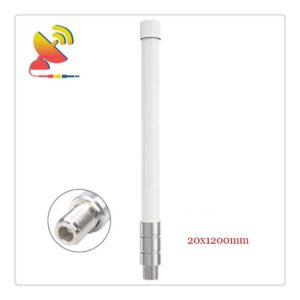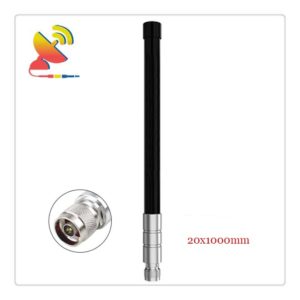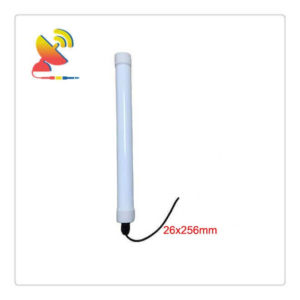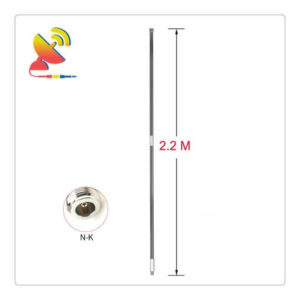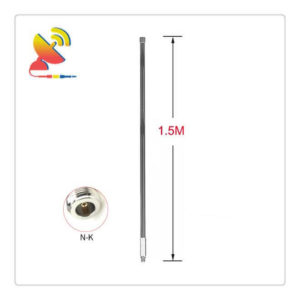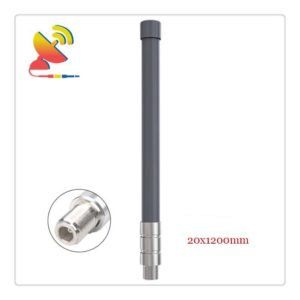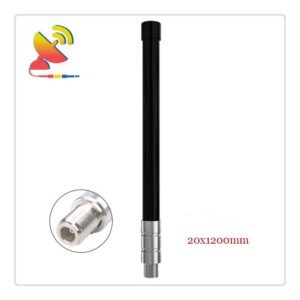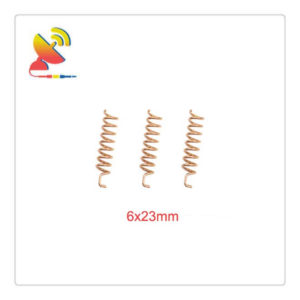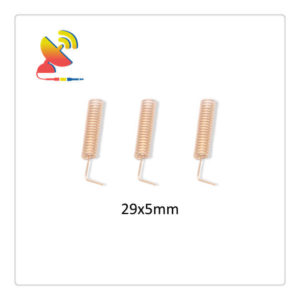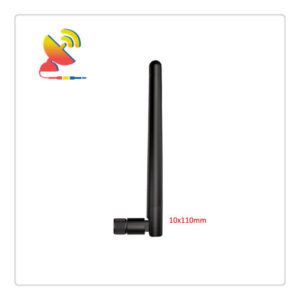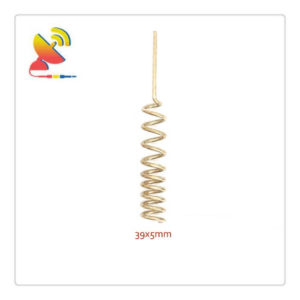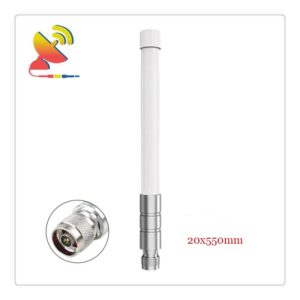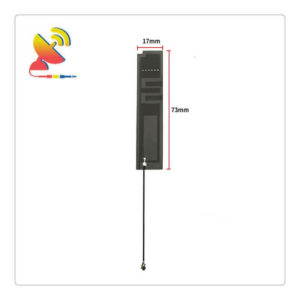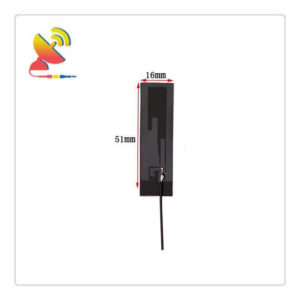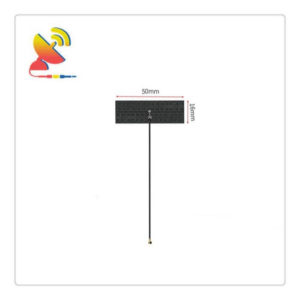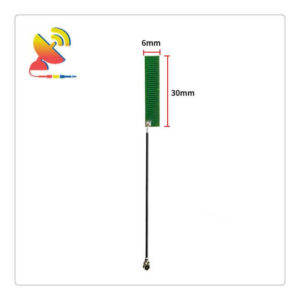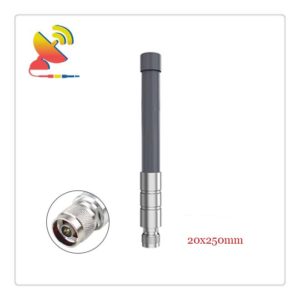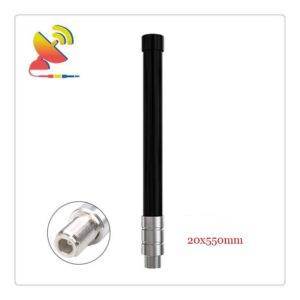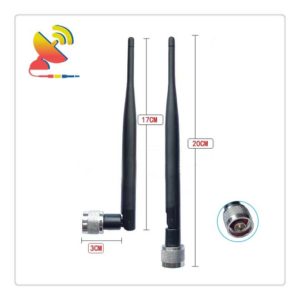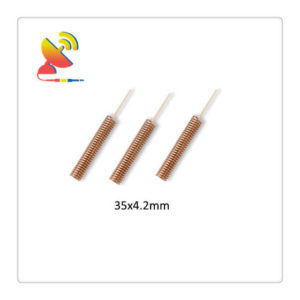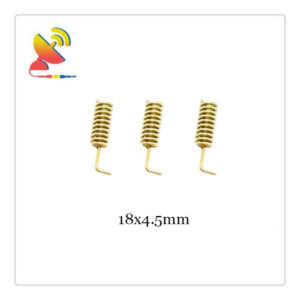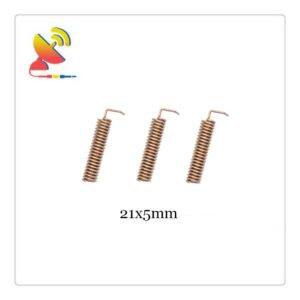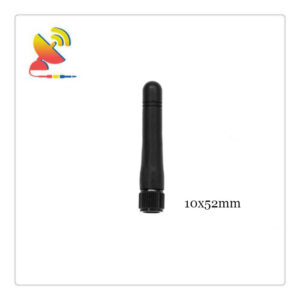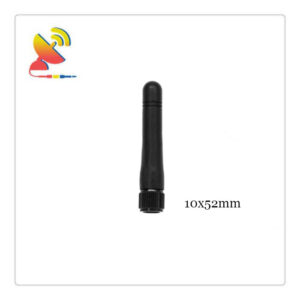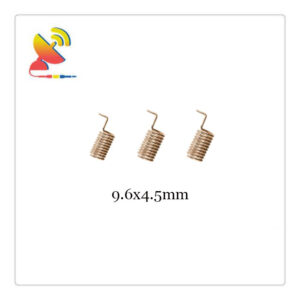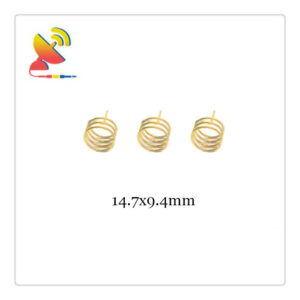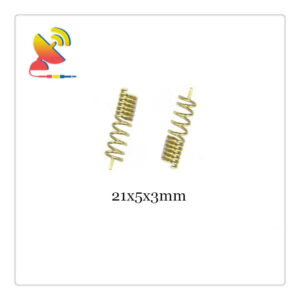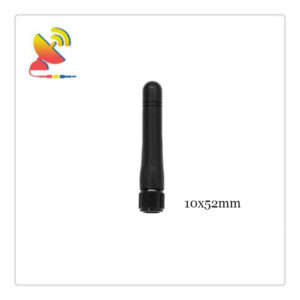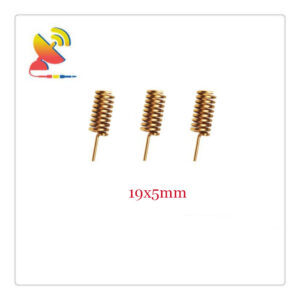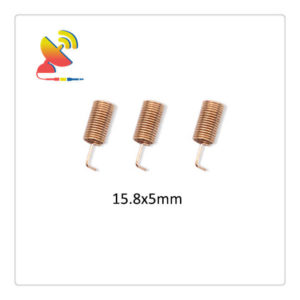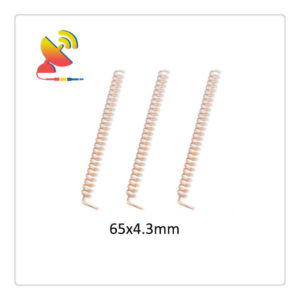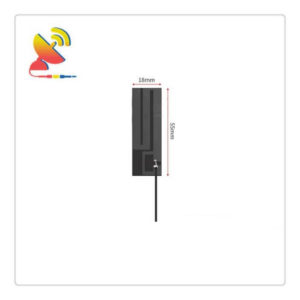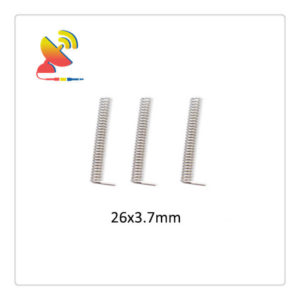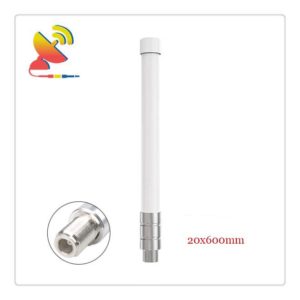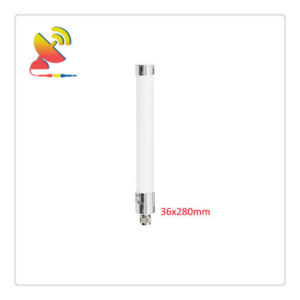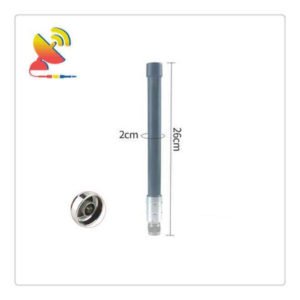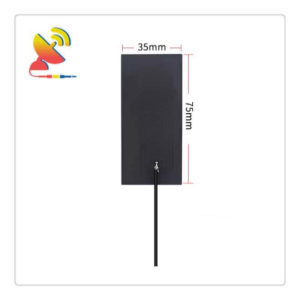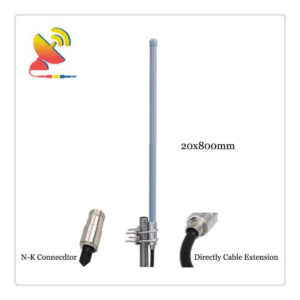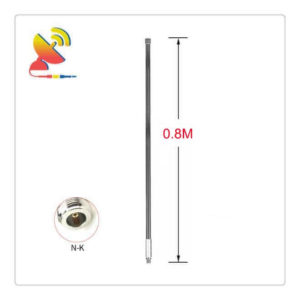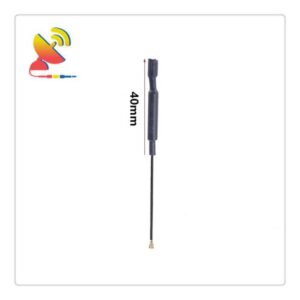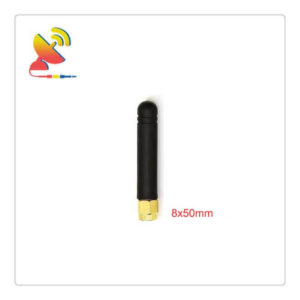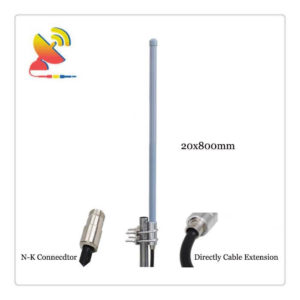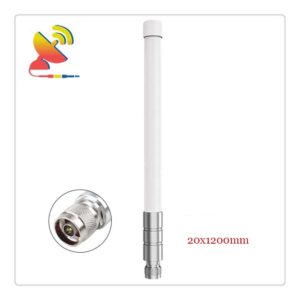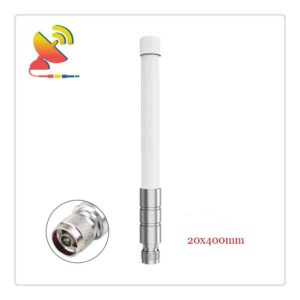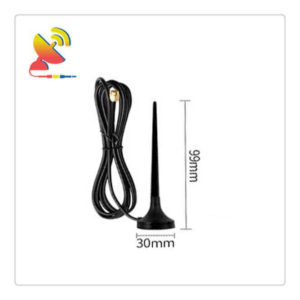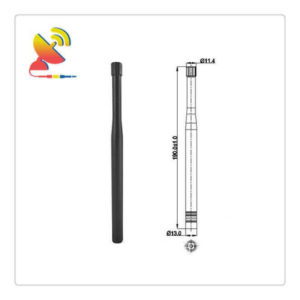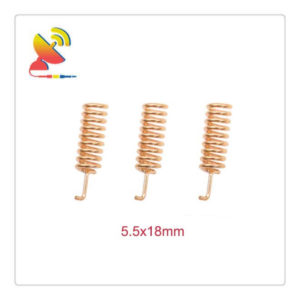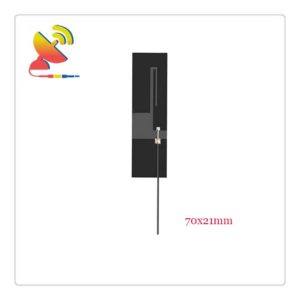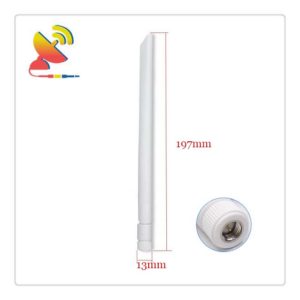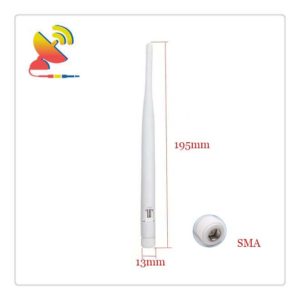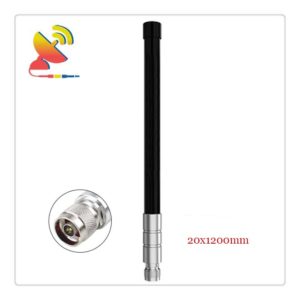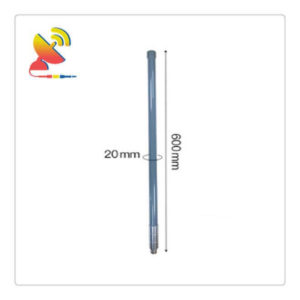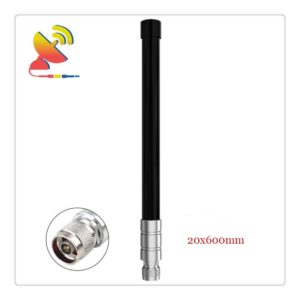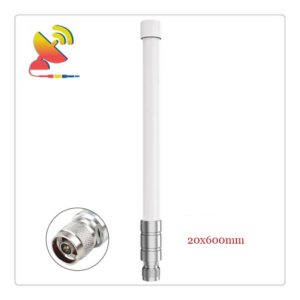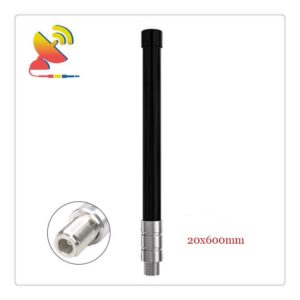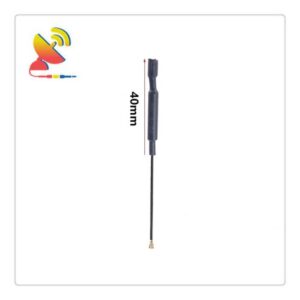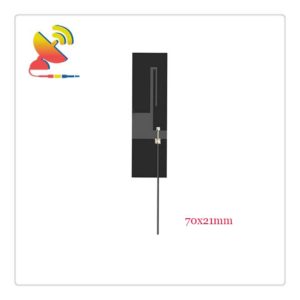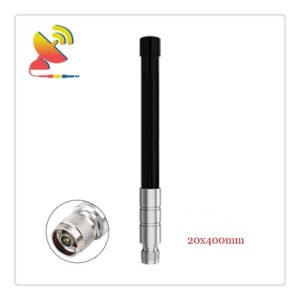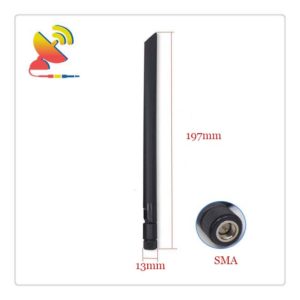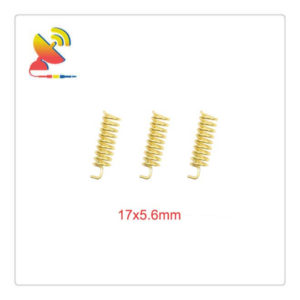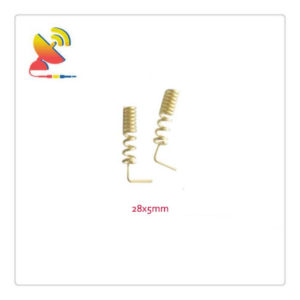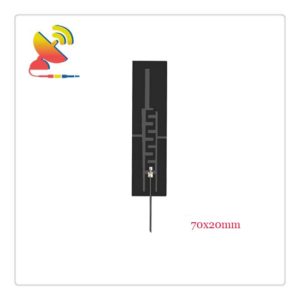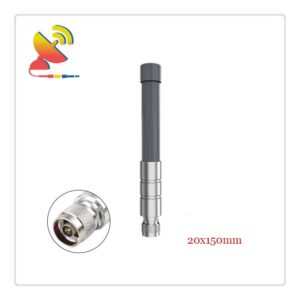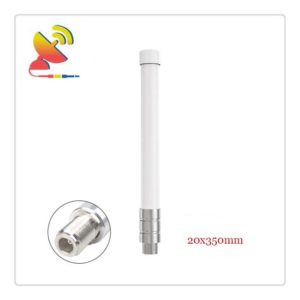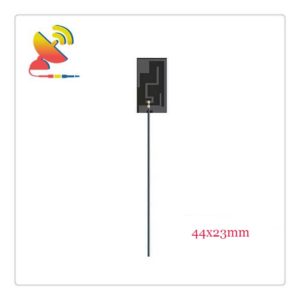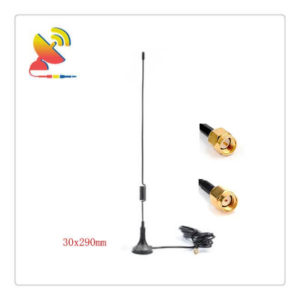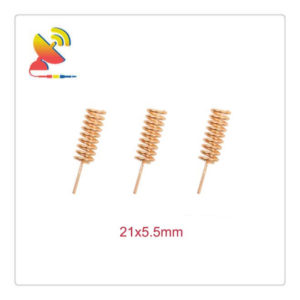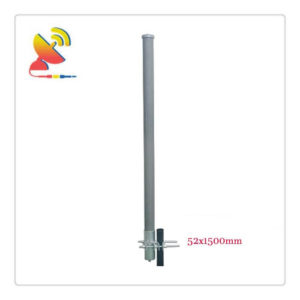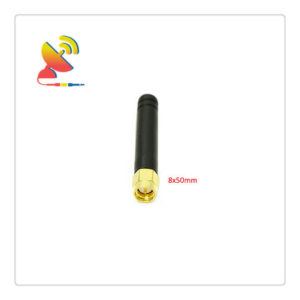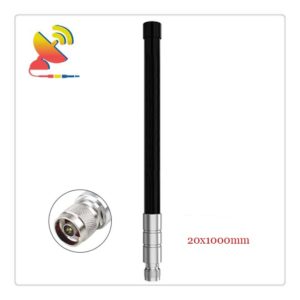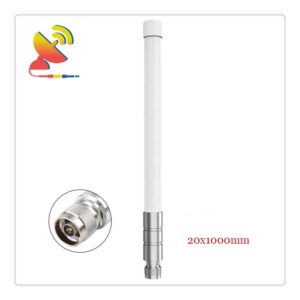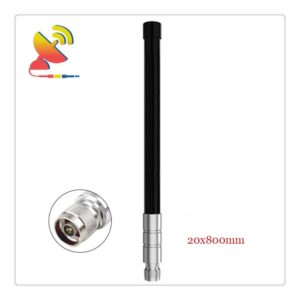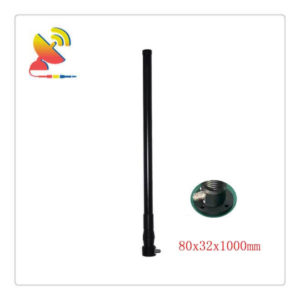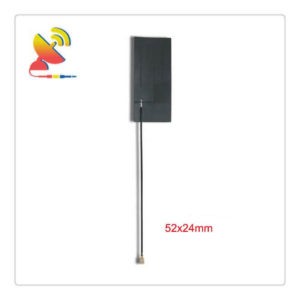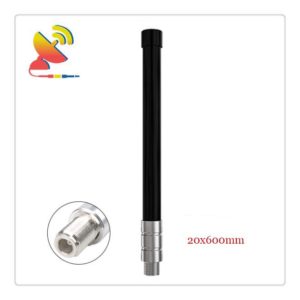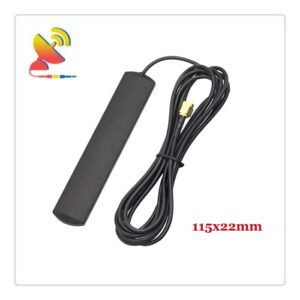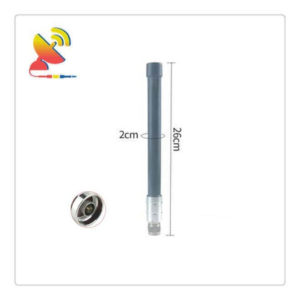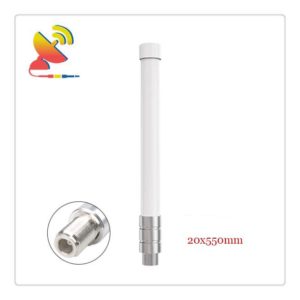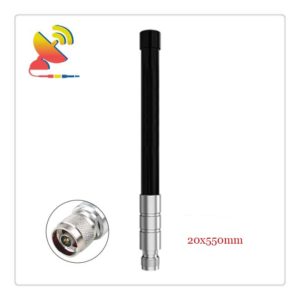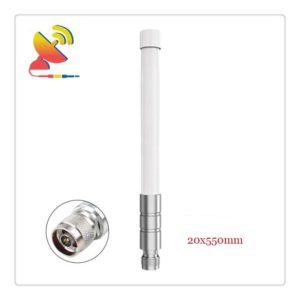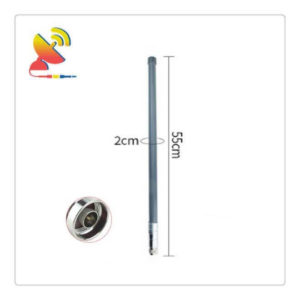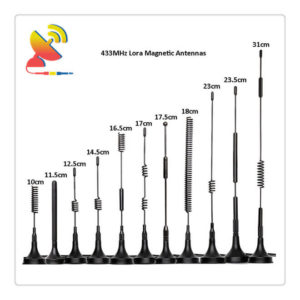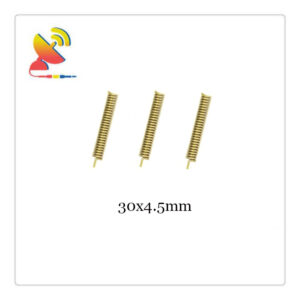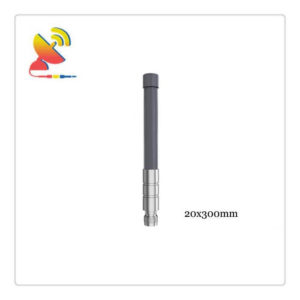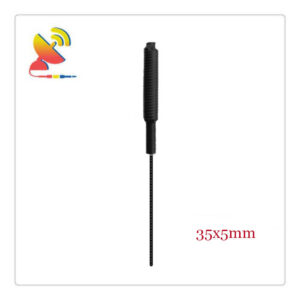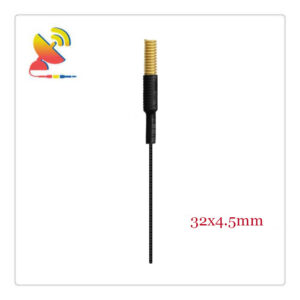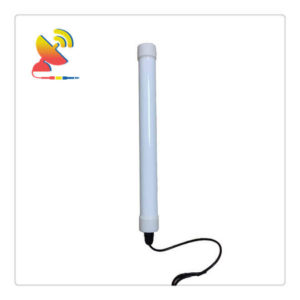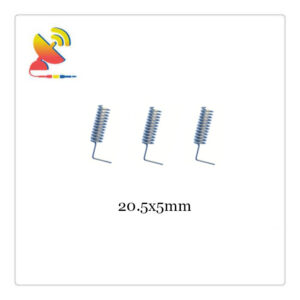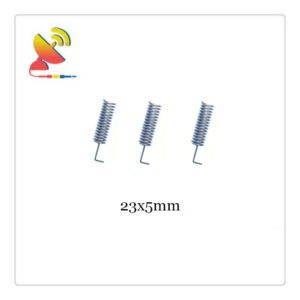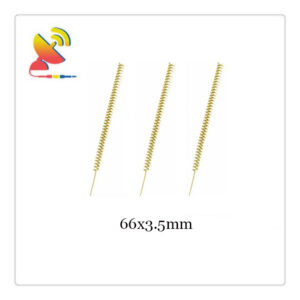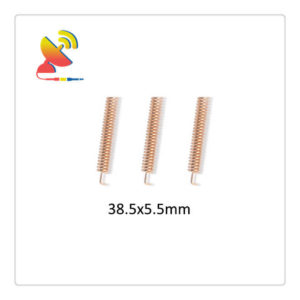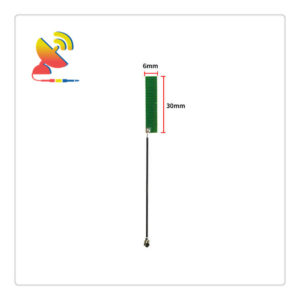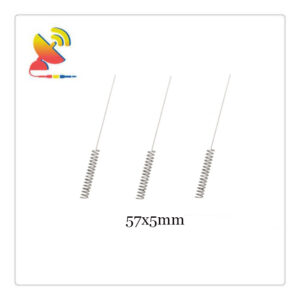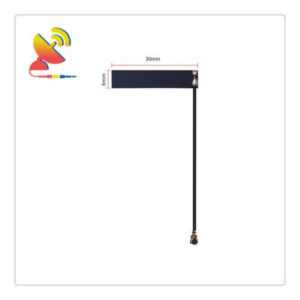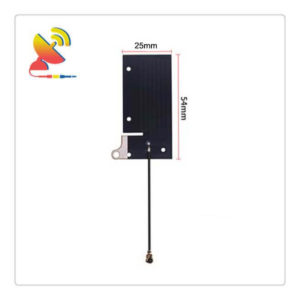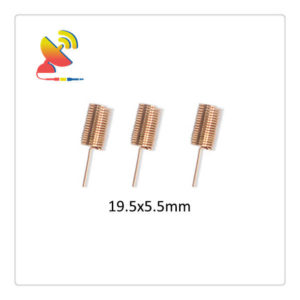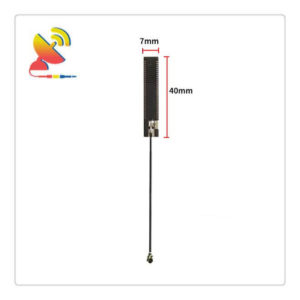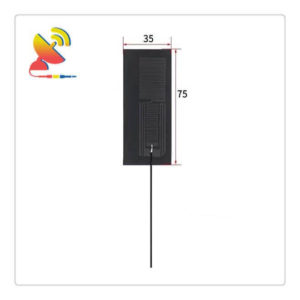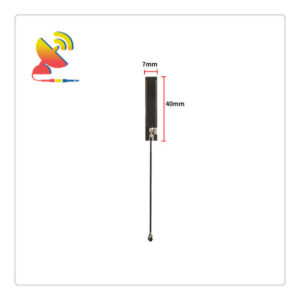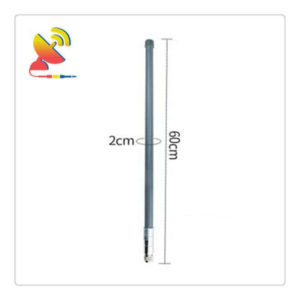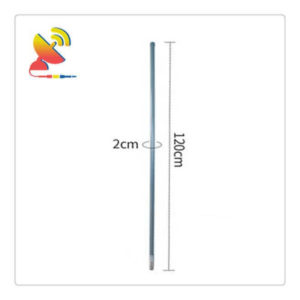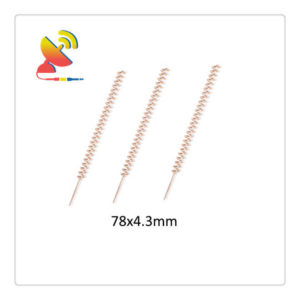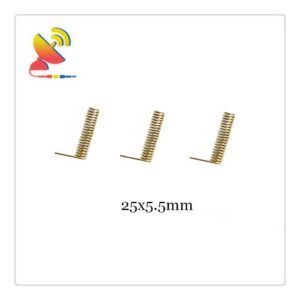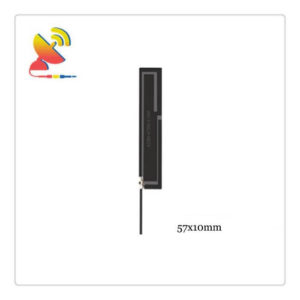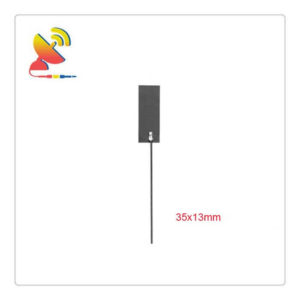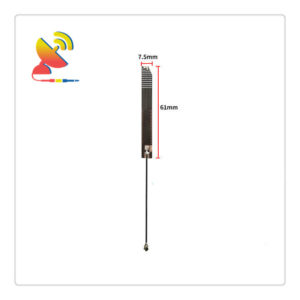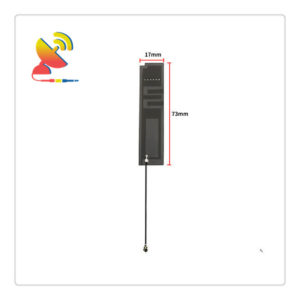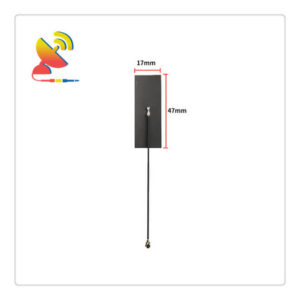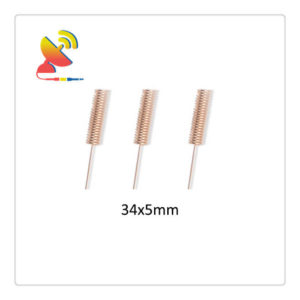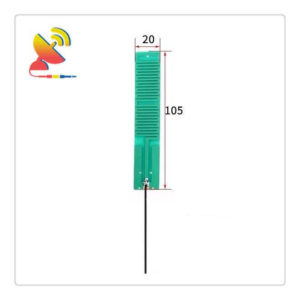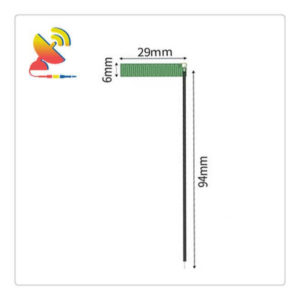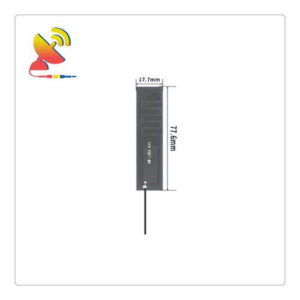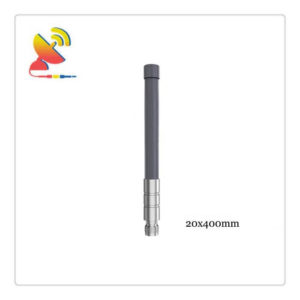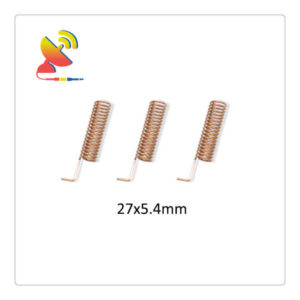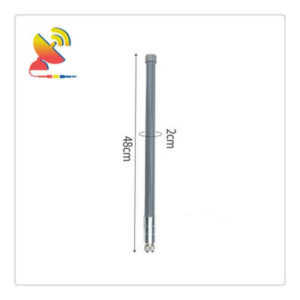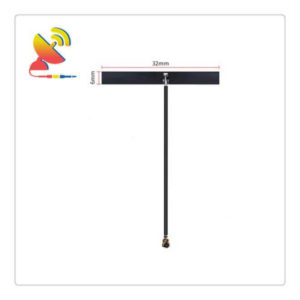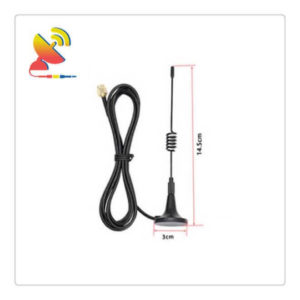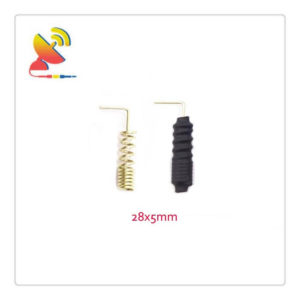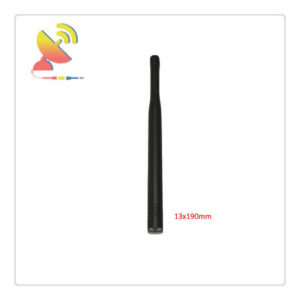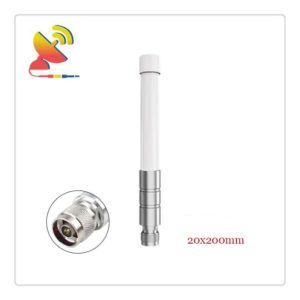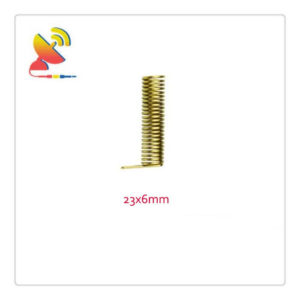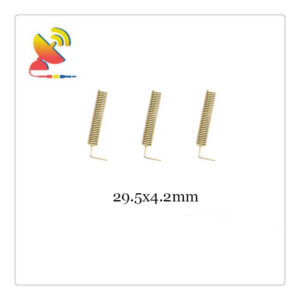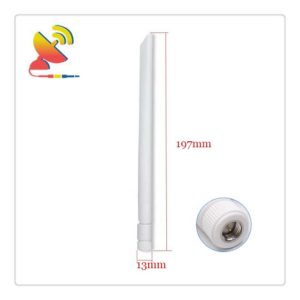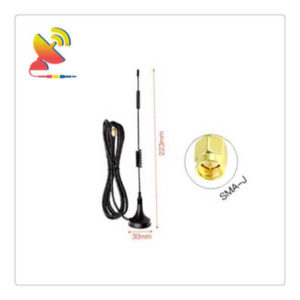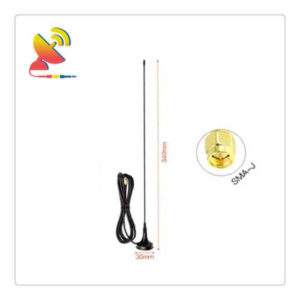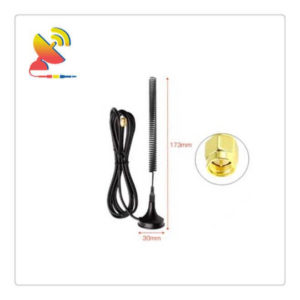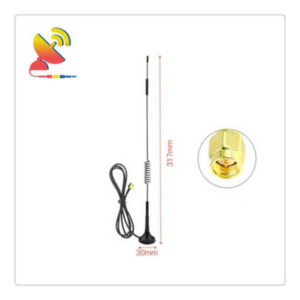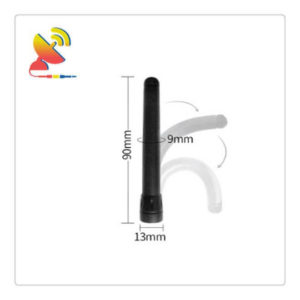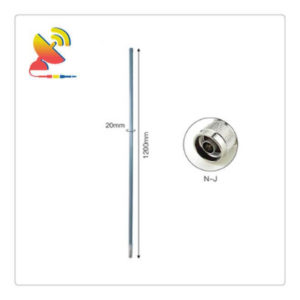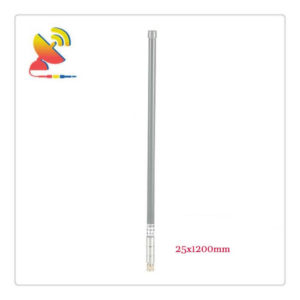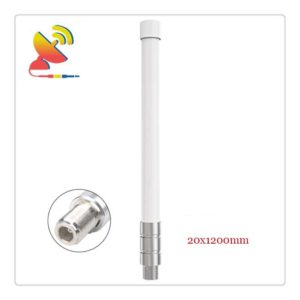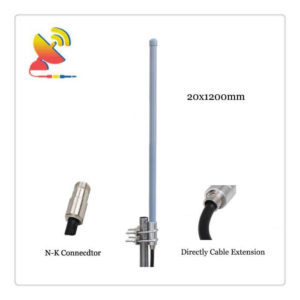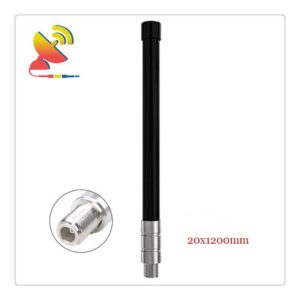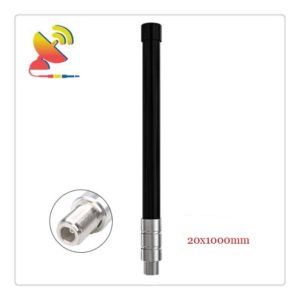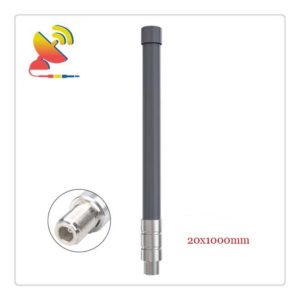LoRa Antennas
-
Whip Antenna 433MHz Magnet Mount Helical Antenna Design
Read more -
Waterproof Antenna High-Gain 433MHz Antenna 8dBi
Read more -
Vehicle Antenna Through-hole Screw Mount Antenna Design
Read more -
UHF Helical Antenna 433 Mhz Coil Spring Antenna
Read more -
UHF Antenna 400-480MHz Antenna Lora 433MHz Antenna
Read more -
Spring Radio Antenna for Lora NB-IoT GSM LTE 2G 3G
Read more -
Spring Coil Antenna Design 433MHz Antenna Design
Read more -
Spring Coil Antenna 433MHz Helical Antenna
Read more -
Spiral-shaped Antenna for 315MHz Transmission
Read more -
Smart Antenna 433MHz Transmitter Antenna For Module
Read more -
RP-SMA 868 Lora Antenna Rubber Duck Antenna
Read more -
RF Receiver Transmitter Module Antenna 433MHz
Read more -
RF Module Helical Antenna 433MHz
Read more -
RF Module Antenna 433 MHz Helical Copper Antenna
Read more -
RF 433 MHz Spring Coil Antenna for LoRa ISM Applications
Read more -
RF 433 Antenna Flexible PCB Antenna
Read more -
PCB Antenna 433MHz Long-Range Antenna
Read more -
Patch Adhesive Antenna Lora 433MHz Antenna
Read more -
Outdoor Lorawan Antenna 5dBi Antenna
Read more -
Outdoor Dome Antennas Omni Waterproof Antennas
Read more -
Outdoor 915MHz Antenna SMA Male
Read more -
Outdoor 5dBi Lora Gateway Antenna
Read more -
Outdoor 5.8dBi Lora Antenna
Read more -
Omnidirectional Lora Antenna 8dBi Gain Antenna
Read more -
Omnidirectional Lora 433 MHz Antenna
Read more -
Omnidirectional Antenna 915Mhz Antenna For Lora Application
Read more -
Omnidirectional Antenna 5dBi Lora Antenna
Read more -
Omnidirectional 915 MHz Dipole Antenna
Read more -
Omnidirectional 433MHz High-gain Antenna 12dBi
Read more -
Omni Lora Fiberglass Antenna 8dBi High-gain Antenna
Read more -
Omni Lora Antenna In Attic
Read more -
Omni Lora 5.8 dBi Fiberglass Antenna
Read more -
Omni High-gain 868MHz Antenna 12dBi
Read more -
Omni Fiberglass Antenna 5.8 dBi 915MHz Antenna
Read more -
Omni Directional Lora ISM Bands 433MHz Waterproof Antenna
Read more -
Omni Dipole Lora Antenna 915MHz Rubber Duck Antenna
Read more -
Omni Antenna 868MHz 8dBi Fiber Glass Antenna
Read more -
Omni 915 MHz Antenna SMA Plug Antenna
Read more -
Omni 433MHz Antenna SMA Type Antenna
Read more -
Omni 315 MHz Dipole Antenna
Read more -
Omni 230 MHz Antenna SMA
Read more -
Magnetic Mount 433 MHz Ground Plane Whip Antenna
Read more -
Low-profile Spring Antenna LoRa 868 MHz
Read more -
Low-profile Helical Whip Antenna for 868/900/915 MHz Applications
Read more -
Low-profile 915MHz Copper Spring Antenna
Read more -
Low-profile 433MHz PCB Antenna
Read more -
Lorawan Antenna 915MHz Omni Antenna
Read more -
LoraWan Antenna 868 MHz Whip Antenna Spring
Read more -
Lorawan Antenna 868 MHz Outdoor Antenna
Read more -
Lora Radio Antenna Waterproof Fiberglass Antenna
Read more -
Lora Long Range Antenna 868 / 915MHz Antenna
Read more -
Lora Indoor Antenna SMA Antenna
Read more -
Lora High Gain Antenna 868 & 915MHz Antenna
Read more -
Lora Helical Antenna 868 & 915MHz Spring Coil Antenna
Read more -
LoRa GSM NB-IoT 3G 4G Cellular Antenna
Read more -
Lora Gateway Antenna 3dBi Rubber Duck Antenna RPSMA
Read more -
Lora Fiberglass Antenna 860-930MHz 5dBi
Read more -
Lora Chip Antenna Flexible PCB Antenna
Read more -
Lora Antenna UFL Flexible PCB Antenna
Read more -
Lora Antenna SMA Rubber Duck Antenna
Read more -
Lora Antenna Peak Gain 5.8dBi
Read more -
Lora Antenna Long Range 868 MHz High dBi Antenna
Read more -
Lora Antenna 915MHz RP-SMA Male Antenna
Read more -
Lora Antenna 915 Outdoor Waterproof Antenna
Read more -
Lora Antenna 915 MHz Omni Antenna
Read more -
Lora Antenna 900MHz 915MHz 926MHz FPC Antenna
Read more -
Lora Antenna 8dBi High-gain Antenna
Read more -
Lora Antenna 868MHz RP-SMA Antenna
Read more -
Lora Antenna 868 MHz SMA Male Antenna
Read more -
Lora Antenna 868 8dBi High-gain Antenna
Read more -
Lora Antenna 5.8dBi Fiberglass Antenna
Read more -
Lora Antenna 433 MHz SMA Rubber Duck Antenna
Read more -
Lora 915 MHz Magnetic Mount Antenna Terminal Antenna
Read more -
Lora 915 MHz Flexible PCB Antenna
Read more -
Lora 915 MHz Antenna Flexible PCB Antenna
Read more -
Lora 915 Antenna SMA Male Antenna
Read more -
Lora 900MHz Flexible PCB Antenna
Read more -
Lora 868MHz Antenna SMA Antenna
Read more -
Lora 868 Antenna FPC Antenna
Read more -
Lora 5.8 dBi Antenna Omni Antenna
Read more -
Lora 169 MHz ISM 10dBi High-gain Omni Antenna
Read more -
LoRa 169 MHz Antenna SMA
Read more -
Long-range RF Wireless 433 MHz Spring Antenna
Read more -
Long-range Lora Antenna 433 MHz For RF Transmitter And Receiver
Read more -
ISM 868MHz Antenna Lora 915MHz Flex PCB Antenna
Read more -
Internal Flex PCB Antenna For 433MHz RF Transmitter
Read more -
Internal Flex PCB 868/915MHz Antenna GSM NB-IoT Antenna
Read more -
Internal Antenna Lora 868/915MHz Helical Antenna
Read more -
Internal Antenna 433MHz RF Module 433MHz Receiver
Read more -
Internal 915 Antenna Flexible PCB Antenna
Read more -
Indoor-outdoor 900 MHz Antenna Design
Read more -
High-performance RF 433MHz Wireless Flexible PCB Antenna Ipex
Read more -
High-performance RF 315MHz Spring Antenna
Read more -
High-performance Radio Frequency 315 MHz Copper Spring Antenna
Read more -
High-performance Omnidirectional Antenna Design
Read more -
High-performance Omni Antenna Design
Read more -
High-performance Omni 915MHz Lora Antenna
Read more -
High-performance Omni 4 dBi Lora Antenna
Read more -
High-performance Lora PCB Antenna Design
Read more -
High-performance Lora PCB Antenna 868MHz
Read more -
High-performance Lora Antenna Design
Read more -
High-performance Lora Antenna 915MHz Spring Helical Antenna
Read more -
High-performance Lora Antenna 868 MHz 915 MHz Flexible PCB Antenna
Read more -
High-performance Lora Antenna 5.8 dBi Fiberglass Antenna
Read more -
High-performance Lora Antenna 433MHz Fiberglass Antenna
Read more -
High-performance Lora Antena RF 433 MHz Flexible Antenna
Read more -
High-performance Lora 915 MHz Omni Antenna
Read more -
High-performance Lora 868MHz Spring Coil Antenna
Read more -
High-performance Lora 868MHz Helical Antenna
Read more -
High-performance Lora 868 Module Phosphor Copper Antenna
Read more -
High-performance ISM 433 MHz Transmitter and Receiver Antenna
Read more -
High-performance IoT Antenna Design
Read more -
High-performance Indoor-outdoor 433 MHz Antenna Design
Read more -
High-performance Helical US915 Antenna for Data Transmission
Read more -
High-performance Antenna 900 MHz Coil Spring Antenna
Read more -
High-performance 915MHz Lora Flex PCB Antenna
Read more -
High-performance 915MHz ISM Band PCB Antenna
Read more -
High-Performance 915 MHz Lora Antenna PCB Embedded Antenna
Read more -
High-performance 900 MHz Helical Antenna Lora 868 MHz 915 MHz
Read more -
High-performance 868MHz Helical Antenna
Read more -
High-performance 868MHz 915MHz Lora PCB Antenna
Read more -
High-performance 868MHz 915MHz GSM Spring Antenna
Read more -
High-performance 868/915 MHz Lora Outdoor Antenna
Read more -
High-performance 868/915 MHz Lora Omni Antenna
Read more -
High-performance 868 Lora Flexible PCB Antenna
Read more -
High-performance 6 dBi Fiberglass Lora Antenna
Read more -
High-performance 5dBi 915MHz Fiberglass Antenna
Read more -
High-performance 433MHz Spring Antenna UHF Helical Antenna
Read more -
High-performance 433MHz Spring Antenna RF 1/4 Wave
Read more -
High-performance 433MHz PCB Antenna Design
Read more -
High-performance 433MHz Module Antenna FPC Antenna
Read more -
High-performance 433MHz Aerial Helix Spring Antenna
Read more -
High-performance 433 MHz Radio Flexible PCB Antenna
Read more -
High-performance 3dBi Fiber Glass Lorawan Antenna
Read more -
High-performance 315MHz Helical Spring Antenna
Read more -
High-performance 315MHz Helical Antenna For Remote
Read more -
High-performance 315 MHz RF Module Coil Spring Antenna
Read more -
High-gain Omnidirectional Antenna 433 MHz 12dBi Lora Antenna
Read more -
High-gain Lorawan Antenna 868 MHz 8dBi
Read more -
High-gain Antenna 433MHz RF Transmitter And Receiver Antenna
Read more -
High-gain 900MHz PCB Antenna Built-in PCB Antenna
Read more -
High-gain 900 MHz Omni Antenna 11dBi
Read more -
High-gain 8dBi Glass Fiber Lora Antenna
Read more -
High-gain 8dBi Fiber Glass Antenna Lora
Read more -
High-gain 8dBi Antenna LoraWan Gateway Antenna
Read more -
High-gain 8dBi Antenna Lora 868 MHz Outdoor Antenna
Read more -
High-gain 868MHz antenna 10dBi Lora Antenna
Read more -
High-gain 8 dBi Lora Antenna
Read more -
High-gain 6dBi Lora Internal Antenna Flexible PCB Antenna
Read more -
High-gain 5dBi Lora 433MHz Antenna
Read more -
High-gain 433MHz IPEX Spring Antenna
Read more -
High-gain 230MHz Omni Antenna Outdoor Fiberglass Antenna
Read more -
High-gain 230 MHz Omnidirectional Antenna
Read more -
High-gain 12dBi 868MHz Collinear Antenna For ISM Lora
Read more -
High-gain 10 dBi Antenna 868 MHz Fiberglass Antenna
Read more -
High Gain 868MHz Antenna Waterproof Antenna
Read more -
High Gain 20dBi Lora Antenna
Read more -
High Gain 15dBi Lora Antenna
Read more -
High Gain 12 dBi Lora Antenna
Read more -
High Gain 12 dBi Antenna 868 MHz
Read more -
Helical Antenna 868MHz Spring Coil Antenna
Read more -
Helical 433MHz Antenna Copper RF Receiver Antenna Internal
Read more -
GSM Wireless Module Omni Dipole Antenna 868 915Mhz Antenna
Read more -
GSM LTE-M CAT-1 NB-IoT Helical Coil Antenna
Read more -
Glass Fiber Lora Antenna Peak Gain 5.8dBi
Read more -
Flexible Lora 433MHz Long-Range Antenna
Read more -
Flexible Antenna For Lora 868MHz/915MHz Antenna
Read more -
Flexible 868 PCB Antenna For RF Transmitting And Receiving
Read more -
Flex PCB Antenna For RF Module 433MHz
Read more -
Flex PCB Antenna for 433MHz RF Transmitter
Read more -
Fiberglass Antenna 868MHz Lora Antenna
Read more -
Fiberglass Antenna 5.8 dBi 868/915 MHz Lora Antenna
Read more -
External Antenna Lora 915MHz Antenna
Read more -
Embedded Spring Spiral Antenna 433.92 MHz For 433MHz Modules
Read more -
Embedded 868Mhz Lora PCB Spring Antenna
Read more -
Data Transmission Helical Antenna 433MHz
Read more -
Compact SMA Male 915 MHz Whip Antenna
Read more -
Compact SMA Male 868 MHz Whip Antenna
Read more -
Compact 915 Mhz LoRa Spring Antenna
Read more -
Compact 868MHz Helical Spring LoRa Antenna
Read more -
Compact 868MHz 915MHz Copper Spring Antenna
Read more -
Compact 868/915 MHz Whip SMA Male Antenna
Read more -
Compact 868 MHz Lora Spring Coil Antenna
Read more -
Coil Loaded Antenna RF 433MHz Spring Antenna
Read more -
Best 433MHz Spring Copper Antenna Built-in Antenna
Read more -
Best 433 MHz Antenna Flex PCB Antenna
Read more -
Antenne 433 MHz Spring Helical Antenna
Read more -
Antenna Lora 915MHz 8dBi High Gain Antenna
Read more -
Antenna Lora 868 MHz Omnidirectional Antenna
Read more -
Antenna Lora 868 MHz Fiberglass Antenna
Read more -
Antenna 433 MHz High Gain Flex PCB Antenna
Read more -
Antenna 169 MHz ISM Frequency Band
Read more -
Antena Lora 8 dBi High Gain Antenna
Read more -
9dBi Lora Antenna Omni Fiberglass Antenna
Read more -
915MHz Spring Antenna for LoRa with IPEX Connector
Read more -
915MHz SMA Antenna ISM Lora Antenna
Read more -
915MHz PCB Antenna Ipex Antenna
Read more -
915MHz Outdoor Antenna 8dBi Gain Antenna
Read more -
915MHz Omni Antenna Long-range Antenna
Read more -
915MHz Lora Fiberglass Antenna
Read more -
915MHz Antenna Whip Lora Magnetic Mount Antenna
Read more -
915 MHz Whip Antenna Rubber Duck Antenna
Read more -
915 MHz Patch Antenna Flexible PCB Antenna
Read more -
915 MHz Outdoor Antenna 15dBi Lora Antenna
Read more -
915 MHz Helical Antenna Spring Coil Antenna
Read more -
915 MHz Chip Antenna Flexible PCB Antenna
Read more -
900MHz Patch Antenna Flexible PCB Antenna
Read more -
900MHz Omni Antenna Rubber Duck Antenna
Read more -
900 MHz Dipole Antenna Rubber Ducky Antenna
Read more -
900 MHz Antenna Omnidirectional Fiberglass Antenna
Read more -
8dBi Lora Antenna Waterproof Omni Antenna
Read more -
8dBi Fiberglass Antenna Omni Lora Antenna
Read more -
8dBi Fiberglass Antenna Bundle Antenna For Lora
Read more -
8dBi Antenna 915MHz Fiberglass Antenna
Read more -
868MHz Spring Antenna for LoRa with IPEX Connector
Read more -
868MHz SMA Antenna Rubber Duck Antenna
Read more -
868MHz Patch Antenna Flexible PCB Antenna
Read more -
868MHz Outdoor Antenna Fiberglass Antenna
Read more -
868MHz Omni Antenna SMA Antenna
Read more -
868MHz Dipole Antenna SMA Antenna
Read more -
868MHz Coil Antenna Spring Helical Antenna
Read more -
868MHz Antenna Flex PCB Antenna
Read more -
868&915 MHz Lora Wan Antenna Helical Wire Antenna
Read more -
868/915 MHz Lora Patch Antenna FPC Antenna
Read more -
868/915 MHz Lora Node Antenna Omni Fiberglass Antenna
Read more -
868/915 MHz Lora Fiberglass Outdoor Antenna
Read more -
868/915 MHz Lora Antenna Ipex Flexible PCB Antenna
Read more -
868 MHz Magnetic Mount Antenna SMA Male ISM LoRa Antenna
Read more -
868 MHz Helical Antenna Spring Antenna
Read more -
868 MHz Chip Antenna Flexible PCB Antenna
Read more -
868 MHz 15 dBi Lora Antenna Near Me
Read more -
868 915Mhz Wireless Module Receiving And Transmitting Antenna
Read more -
860-930 MHz Long Range Lora Antenna
Read more -
860-930 MHz Hotspot Miner Antenna
Read more -
860-930 MHz Hig-gain Outdoor Lora Antenna
Read more -
850-960MHz High-Power 150W Anti-Jamming Antenna For Anti UAV Jammers
Read more -
800MHz Antenna Flexible PCB Antenna
Read more -
8 dBi Antenna Lora High Gain Antenna
Read more -
600-6000MHz Wideband Adhesive Mount Antenna
Read more -
5dBi Lora Antenna Outdoor Fiberglass Antenna
Read more -
5.8 dBi Glass Fiber Lora Antenna
Read more -
5.8 dBi Antenna Lora Fiberglass Antenna
Read more -
5.8 dBi Antenna 915 MHz Omni Antenna
Read more -
5.8 dBi Antenna 868 MHz Fiberglass Antenna
Read more -
433MHz Whip Antenna SMA Magnetic Antenna
Read more -
433MHz Transmitter & Receiver Module Antenna
Read more -
433MHz Transceiver Long-Range Antenna
Read more -
433Mhz Spring Antenna with U.FL Connector
Read more -
433Mhz Spring Antenna with IPEX Connector
Read more -
433MHz SMA Antenna Omnidirectional Antenna
Read more -
433MHz RF Wireless Spring Module Antenna
Read more -
433MHz RF Wireless Receiver & Transmitter Module Antenna
Read more -
433Mhz RF Wireless Module Antenna
Read more -
433MHz RF Transmitter Long Range Spring Coil Antenna
Read more -
433MHz RF Receiver Antenna PCB Trace Antenna
Read more -
433MHz RF Module Spring Antenna
Read more -
433MHz RF Antenna Flexible PCB Antenna
Read more -
433MHz Receiver Long-Range Antenna
Read more -
433MHz Receiver Antenna For 433 Receiver Module
Read more -
433MHz Patch Antenna Built-in Antenna
Read more -
433MHz Lora High-Gain Flexible Antenna
Read more -
433MHz Lora Antenna Dipole Omni PCB Antenna
Read more -
433MHz Long-range Antenna
Read more -
433MHz High-gain Antenna 8dBi Omni Antenna
Read more -
433MHz High Gain Antenna Best RF Antenna
Read more -
433MHz Helical Spring Remote Control Antenna
Read more -
433MHz Flexible Antenna For Lora Module
Read more -
433MHz Dipole Antenna Flexible PCB Antenna
Read more -
433MHz Antenna PCB Design Internal Antenna
Read more -
433Mhz Antenna Ipex High-gain Internal FPC Antenna
Read more -
433MHz Alarm Antenna Best 433MHz Antenna Cable
Read more -
433.92 MHz Antenna For 433mhz Transmitter
Read more -
433 PCB Antenna 8dBi High-gain Antenna
Read more -
433 Patch Antenna Small Embedded PCB Antenna
Read more -
433 MHz Omni Antenna High-gain Lora Antenna
Read more -
433 MHz ISM Band Long-Range Antenna
Read more -
433 MHz Coil Antenna Boost Waves Antenna
Read more -
433 MHz Antenna SMA Male Antenna
Read more -
433 MHz 5dBi High Gain Antenna
Read more -
433 Lora Flexible PCB Antenna
Read more -
433 Helical Antenna Magnetic Mount Antenna
Read more -
400 MHz Omni Antenna
Read more -
3dBi Lora NB-IoT LTE GSM Spring Antenna for LPWAN
Read more -
3dBi Lora Antenna SMA Rubber Duck Antenna
Read more -
3dBi Glass Fiber Antenna 868/915 MHz Lora Antenna
Read more -
315MHz RF Transmitter and Receiver Spring Antenna
Read more -
315MHz Copper Spring Antenna for Wireless Communication
Read more -
315 MHz Antenna SMA Rubber Duck Antenna
Read more -
3 dBi 868 MHz SMA Antenna
Read more -
230MHz Whip Antenna Magnetic Mount Antenna
Read more -
230MHz Antenna SMA Rubber Duck Antenna
Read more -
230 MHz Magnet Antenna Whip Antenna
Read more -
169MHz Whip Antenna Magnetic Base Mount Antenna
Read more -
169MHz Magnetic Mount Antenna For ISM LoRa VHF Applications
Read more -
169MHz Antenna SMA Rubber Duck Antenna
Read more -
169MHz Antenna High-gain Antenna
Read more -
169.44375MHz Antenna 5dBi High-gain Antenna
Read more -
15dBi High-gain Lora Antenna 915MHz External Antenna
Read more -
12dBi Lora Antenna High Gain Antenna
Read more -
12dBi 915 MHz High-Gain Antenna Omni Fiberglass Antenna
Read more -
12 dBi Antenna 915 MHz High Gain Antenna
Read more -
10 dBi Lora Antenna Omni Outdoor Antenna
Read more -
10 dBi Antenna 915 MHz Long Range Antenna
Read more
LoRa Antennas Manufacturer
LoRaWan antennas manufacturer
C&T RF Antennas Inc is the internal & external LoRa antennas manufacturer, LoRaWan antennas manufacturer in China.
C&T RF Antennas Inc provides the LoRa fiberglass antenna, LoRa PCB antenna, LoRa antenna SMA, etc.
What is LoRa?
LoRa is a proprietary low-power wide-area network modulation technique. It is based on spread-spectrum modulation techniques derived from chirp spread spectrum technology. It is patented.
LoRa is a low-power LAN wireless standard created by Semtech. Low power consumption is generally difficult to cover a long distance, and long-distance is generally high power consumption.
LoRa’s name is Long Range Radio, and its biggest feature is that it can spread farther than other wireless methods under the same power consumption conditions, realizing the unification of low power consumption and long-distance, and it can expand the distance 3-5 times than traditional wireless radio communication under the same power consumption.
I. The secret of LoRa’s low power consumption
We know that distance and power consumption is a natural contradiction in communication systems. The propagation distance must be very close when the transmission power drops.
How does LoRa solve this contradiction? The fundamental reason is that LoRa has a hyperlink budget because LoRa can increase the sensitivity of the receiver without the need for high transmitting power.
The sensitivity of a LoRa receiver is based on direct sequence spread spectrum technology. LoRa uses a high expansion factor to obtain high signal gain. Typically, FSK requires a signal-to-noise ratio of 8 dB, whereas LoRa requires only -20 dB.
In addition, LoRa applies forward error correction coding techniques to add redundancy to the transmitted information, effectively resisting multi-path fading. Transmission efficiency is slightly sacrificed, but the reliability of the transmission can be effectively improved. After all, LoRa does not require high transmission rates.
II. LoRa networks
A LoRa network consists mainly of terminals (with built-in LoRa modules), gateways (or base stations), LoRa antennas, network services, and application services. Application data can be transmitted in both directions.
The LoRaWAN network architecture is a typical start topology. In this network architecture, the LoRa gateway is a transparent transmission relay connecting the end devices to the central services at the back end.
III. LoRa devices
The end nodes of LoRa can be various devices such as water meters, gas meters, smoke alarms, pet tracking devices, etc. These nodes are first connected to the LoRa gateway via LoRa wireless communication and then to the network service via the 3G/4G network or Ethernet. The gateway and the web server communicate via the TCP/IP protocol.
Features of LoRa antenna
Transmission distance: up to 2-5 Km in towns and cities, up to 15 Km in suburban areas.
Operating frequency: ISM band including Asia 433 MHz, EU868 MHz, US915 MHz, etc.
Standard: IEEE 802.15.4g.
Modulation: Based on spread spectrum technology, a variant of linear modulated spread spectrum (CSS) with forwarding error correction (FEC) capability, proprietary technology of Semtech.
Capacity: One LoRa gateway can connect thousands and thousands of LoRa nodes.
Battery life: up to 10 years.
Security: AES128 encryption.
Transmission rate: several hundred to several tens of Kbps, the lower the rate the longer the transmission distance.
LoRa advantages
The advantage of LoRa lies in its long-range capability in terms of technology. the outstanding features of LoRa technology in terms of high performance, long-range, low power consumption, support for large-scale networking, ranging and positioning make this solution (terminal + gateway) an ideal technology choice for large-scale IoT applications.
LoRa is one of the low-power WAN communication technologies, a physical layer or wireless modulation used to establish long-distance communication links. Many traditional wireless systems use Frequency Shift Keying (FSK) modulation as the physical layer as it is a very efficient modulation for achieving low power consumption.
LoRa is based on linear FM spread spectrum modulation, which maintains the same low power consumption characteristics as FSK modulation, but significantly increases the communication distance.
The LoRa technology itself has a very high receiver sensitivity (RSSI) and a superb signal-to-noise ratio (SNR).
In addition, the use of frequency hopping technology, frequency-shift keying through pseudo-random code sequences, allows the carrier frequency to continuously jump and expand the spectrum, preventing fixed frequency interference.
LoRa vs LoRaWan
LoRa and LoRaWan can be easily confused.
LoRa contains only link layer protocols and is well suited for P2P communication between nodes;
LoRaWAN also contains a network layer and can therefore send information to any base station already connected to the cloud platform. The LoRaWAN module can operate at different frequencies by simply connecting the correct antenna to its socket.
LoRa is one of the low-power WAN communication technologies and is a proprietary Semtech technology for ultra-long-range wireless transmission based on spread spectrum technology.
LoRaWan wiki
LoRaWAN is a set of communication protocols and system architecture designed for LoRa long-range communication networks. It is a Media Access Control (MAC) layer protocol.
LoRaWan protocol stack
LoRa is a subset of LoRaWan, LoRa only includes the physical layer definition, LoRaWan also includes the link layer.
LoRaWan network architecture
LoRa gateways are used in long-range star architectures and are multi-channel, multi-modulated transceivers that can demodulate multiple channels simultaneously. Due to the nature of LoRa, multiple signals can be demodulated simultaneously on the same channel.
The gateway uses a different RF device than the end node, has a higher capacity, and acts as a transparent bridge to relay messages between the end device and the central web server. The gateway connects to the web server via a standard IP connection and the end device uses unicast wireless communication messages to one or more gateways.
In fact, LoRaWan is not a complete communication protocol as it only defines the physical and link layers, the network, and transport layers are not available and the functionality is not perfect, there is no roaming, no network management, and other key functions of a communication protocol.
Lora physical frame structure
In a mesh network, individual terminal nodes forward information from other nodes to increase the communication distance of the network and the size of the network area.
While this increases range, it also increases complexity, reduces network capacity, and decreases battery life as nodes accept and forward information from other nodes that may not be relevant to them. The long-range star architecture makes the most sense when implementing long-range connectivity, as it protects battery life.
If the gateway is installed in the location of an existing mobile base station with a transmit power of 20dBm, (100mW), then it can cover around 2km in a highly built-up urban environment and up to 10km in less dense suburban areas. The gateway/concentrator also contains the MAC layer protocol, which is transparent to higher levels.
LoRa messages are divided into uplink and downlink. The uplink is from the sensor to the LoRa gateway and the downlink is from the LoRa gateway to the sensor and is only used as a reply.
The LoRa network consists of four main components: the terminal (with built-in LoRa module), the gateway (or base station), the server, and the cloud, where application data can be transmitted in both directions.
The advantages of LoRa are mainly reflected in the following aspects.
1. Greatly improves the sensitivity of reception and reduces power consumption
2. The gateway/concentrator based on this technology supports parallel processing of multiple channels and data rates, with a large system capacity.
3. Systems based on terminals and concentrators/gateways can support ranging and positioning.
C&T RF Antennas Inc provides the Lora & LoraWan antenna with 169 MHz, 230MHz, 315 MHz, 433 MHz, 868 MHz, 915 MHz frequency bands, and with different antenna types such as PCB antenna, flexible PCB antenna, helical spring coil antenna, rubber duck antenna, fiberglass antenna, screw mount antenna, magnetic mount antenna, etc.
C&T RF Antennas Inc has the existing Lora antennas with 2dBi Lora antenna, 2.5dBi Lora antenna, 3dBi Lora antenna, 4dBi Lora antenna, 5dBi Lora antenna, 5.8dBi Lora antenna, 6dBi Lora antenna, 8dBi Lora antenna, 9dBi Lora antenna, 10dBi Lora antenna, 11dBi Lora antenna, 12dBi Lora antenna, 15dBi Lora antenna, 20dBi Lora antenna for your best choice.
C&T RF Antennas Inc manufactures the 5G NR antennas, 4G LTE antennas, 3G UMTS GSM antennas, 2G GPRS NB-IoT antennas, LoRa/LoRaWan antennas (includes 433MHz antennas, 868MHz antennas, 915MHz antennas), 2.4GHz 5GHz Wi-Fi antennas, GNSS antennas, GPS antennas, Cellular antennas, UHF VHF antennas, UWB antennas, etc.
And the C&T RF Antennas Inc supplies the antenna accessories such as RF power amplifiers and repeaters, RF connectors and adapters, cable assemblies.
The LoRa antennas LoRaWan antennas are manufactured by C&T RF Antennas Inc, contact the C&T RF team for more details such as LoRa antennas LoRaWan antenna datasheet, LoRa antennas LoRaWan antenna pricing, LoRa antennas LoRaWan antenna inventory, or Lora antenna design.
Showing 1–16 of 303 results
-
10 dBi Antenna 915 MHz Long Range Antenna
Read more -
10 dBi Lora Antenna Omni Outdoor Antenna
Read more -
12 dBi Antenna 915 MHz High Gain Antenna
Read more -
12dBi 915 MHz High-Gain Antenna Omni Fiberglass Antenna
Read more -
12dBi Lora Antenna High Gain Antenna
Read more -
15dBi High-gain Lora Antenna 915MHz External Antenna
Read more -
169.44375MHz Antenna 5dBi High-gain Antenna
Read more -
169MHz Antenna High-gain Antenna
Read more -
169MHz Antenna SMA Rubber Duck Antenna
Read more -
169MHz Magnetic Mount Antenna For ISM LoRa VHF Applications
Read more -
169MHz Whip Antenna Magnetic Base Mount Antenna
Read more -
230 MHz Magnet Antenna Whip Antenna
Read more -
230MHz Antenna SMA Rubber Duck Antenna
Read more -
230MHz Whip Antenna Magnetic Mount Antenna
Read more -
3 dBi 868 MHz SMA Antenna
Read more -
315 MHz Antenna SMA Rubber Duck Antenna
Read more

